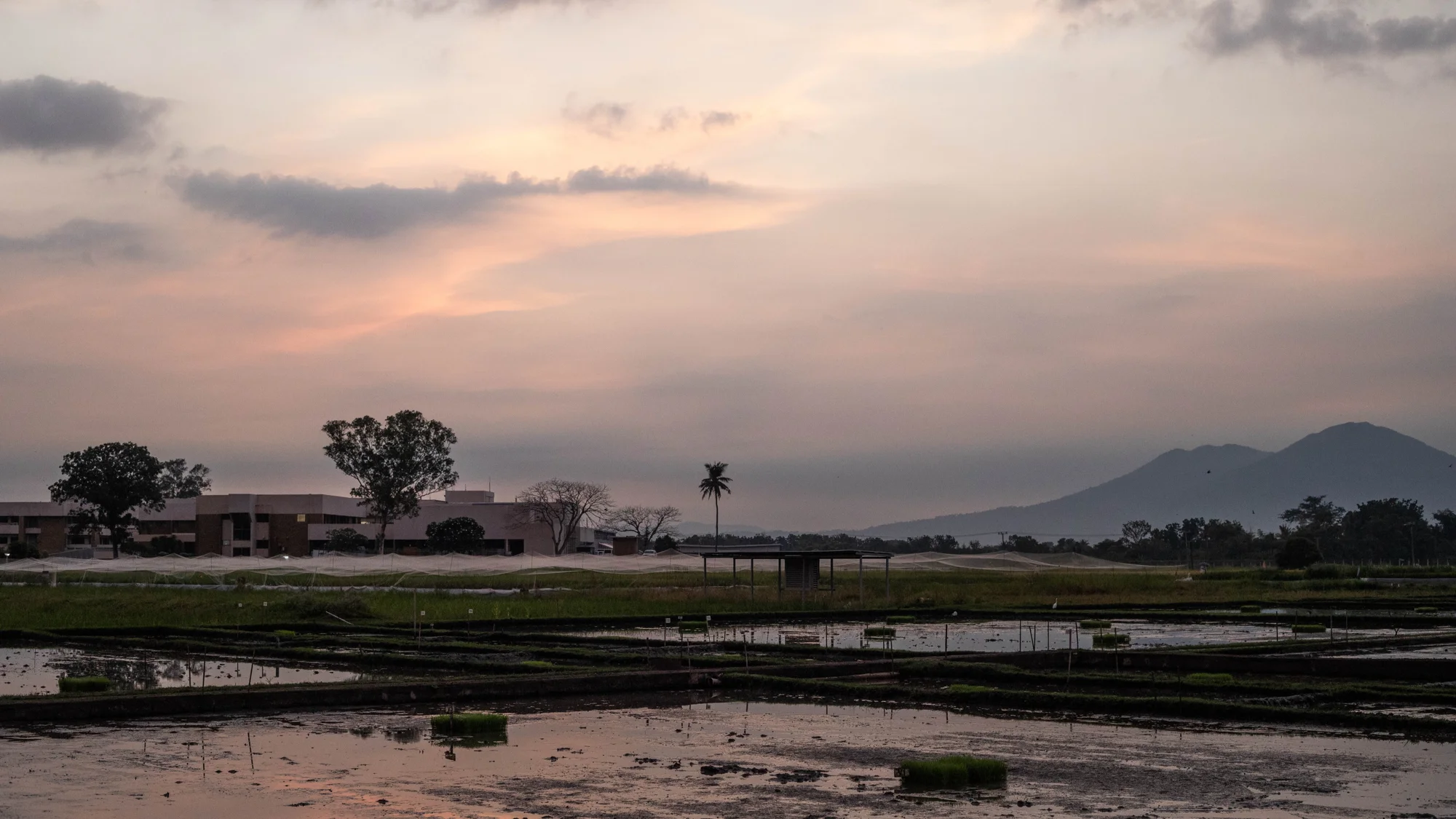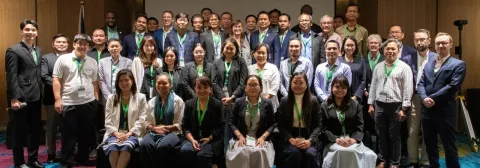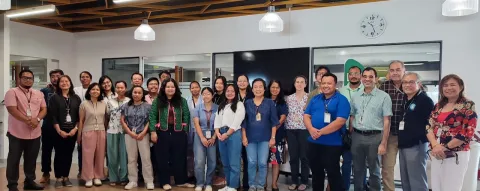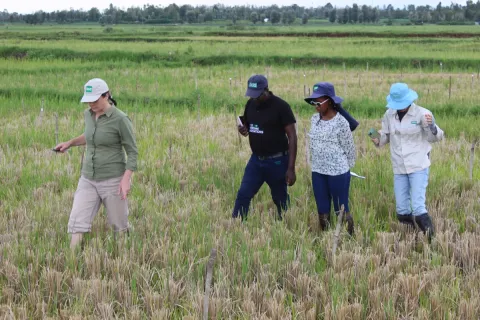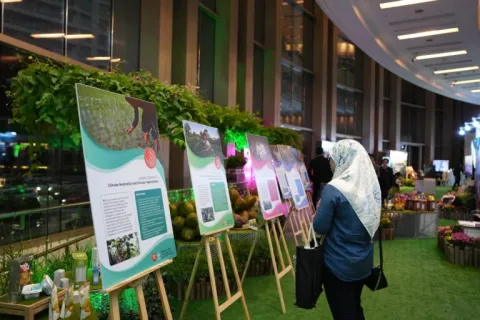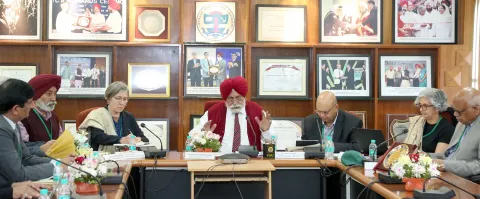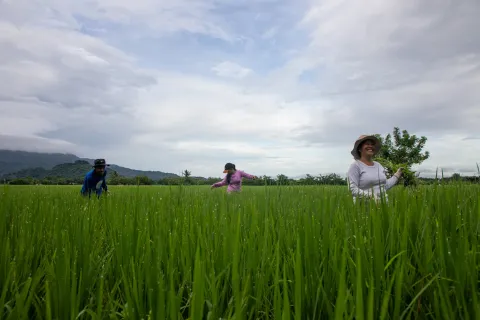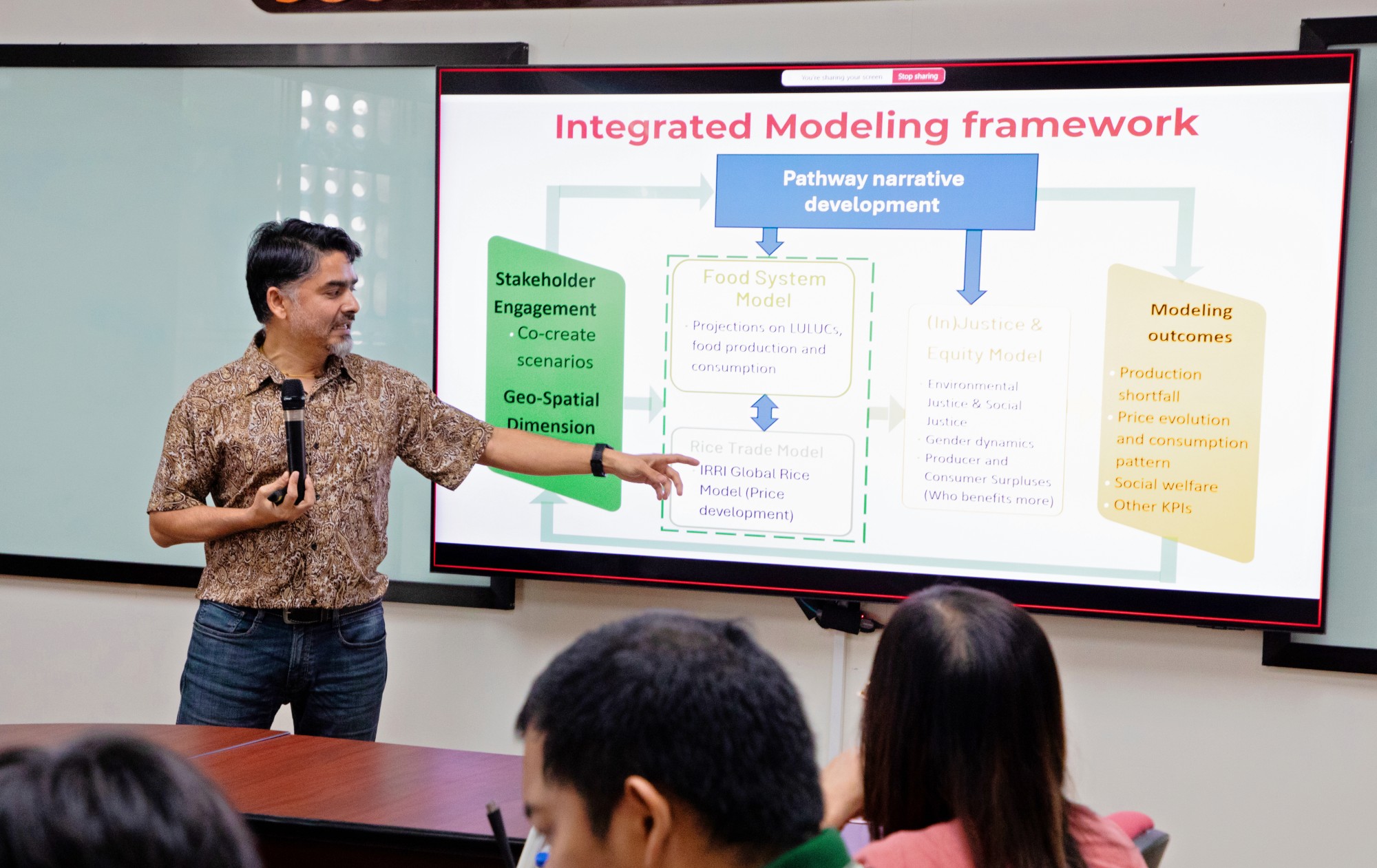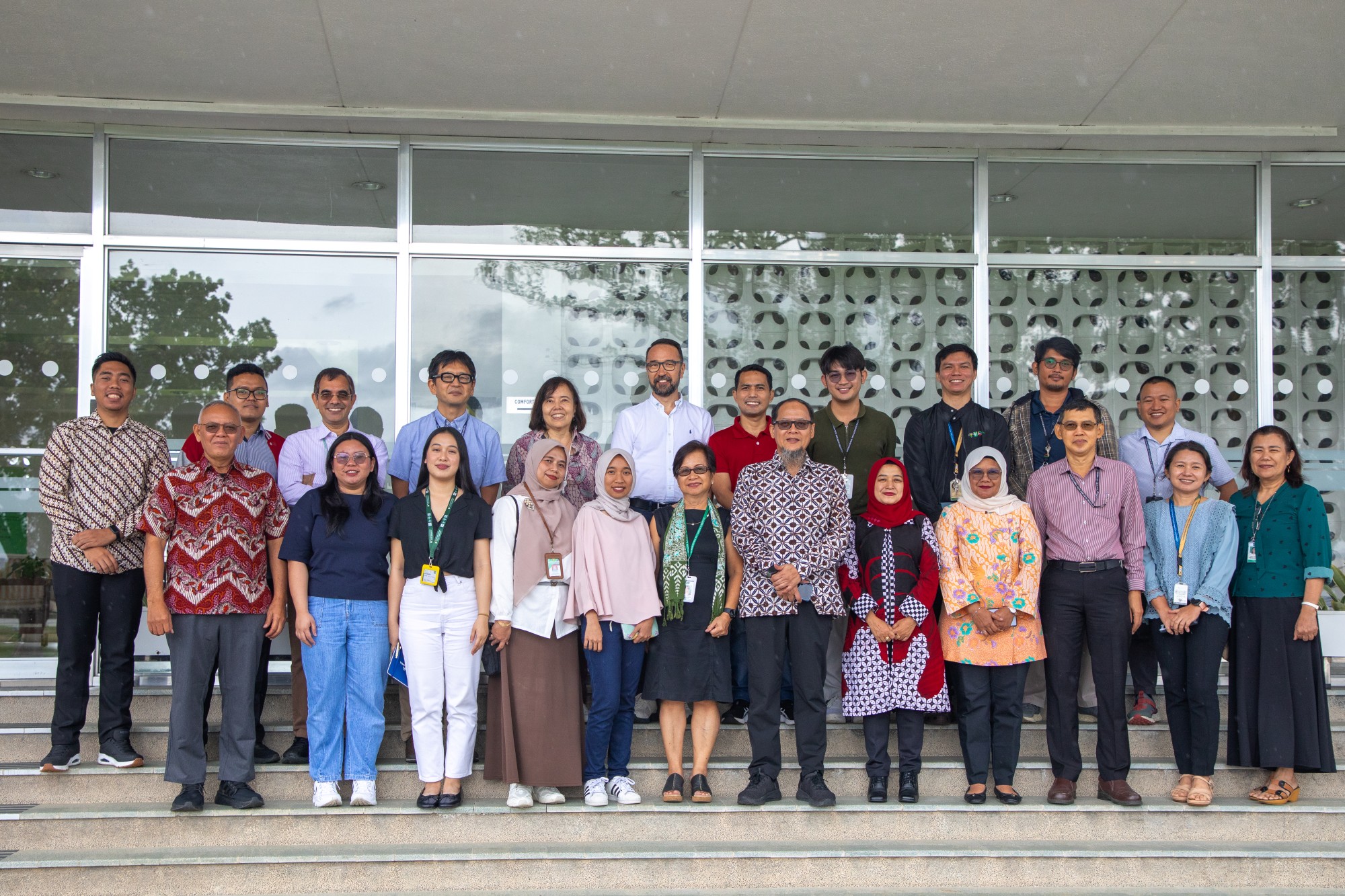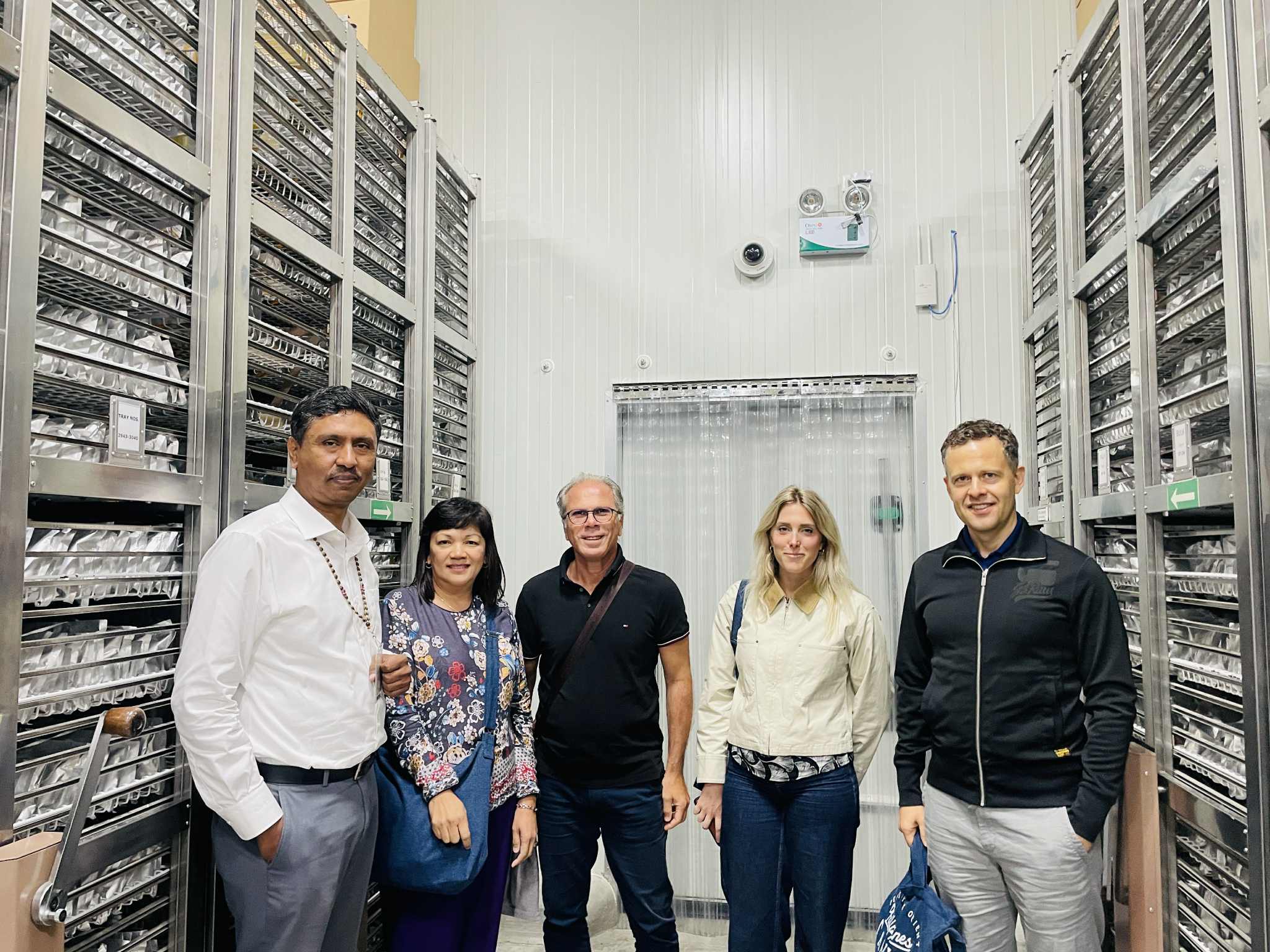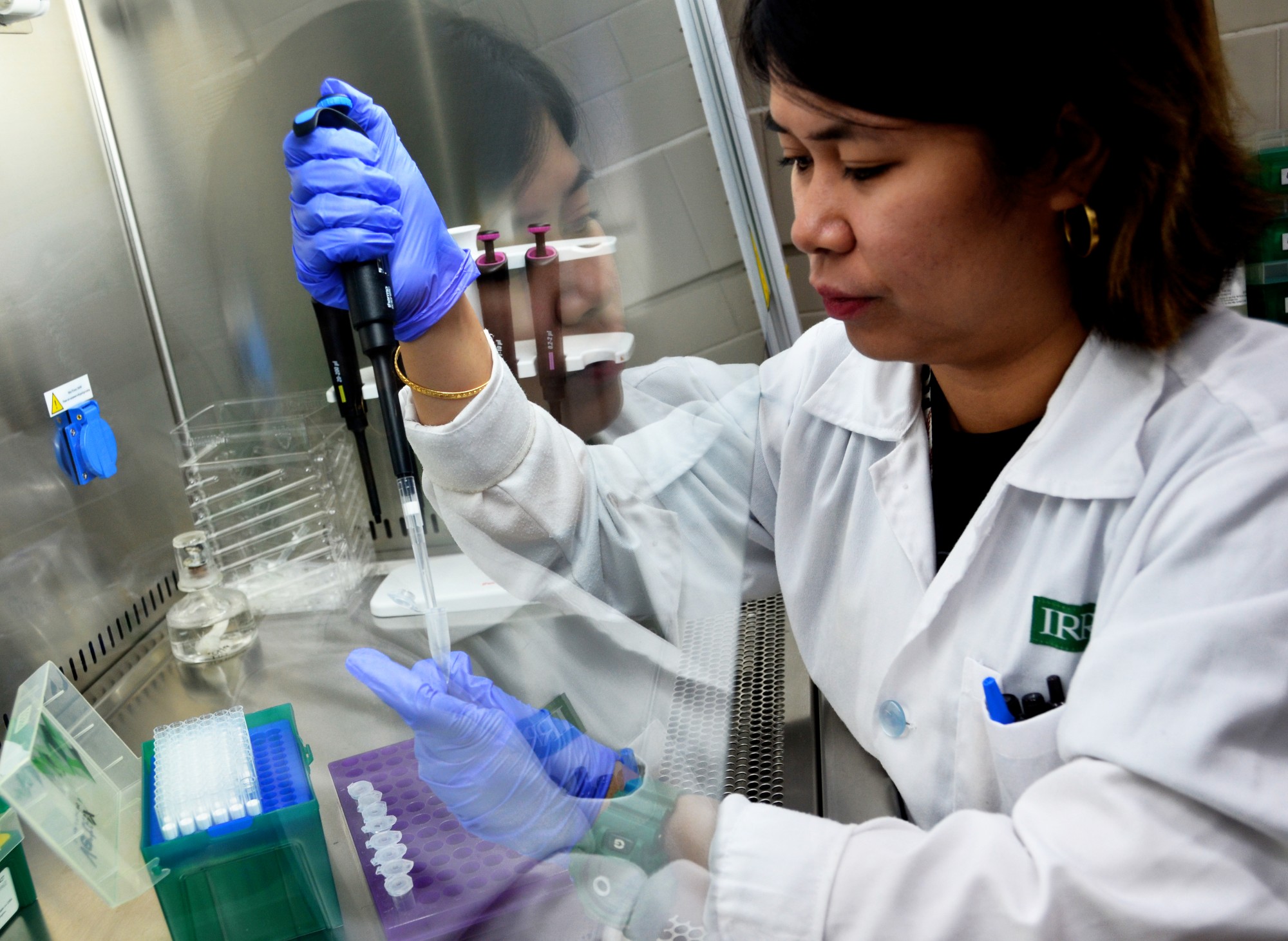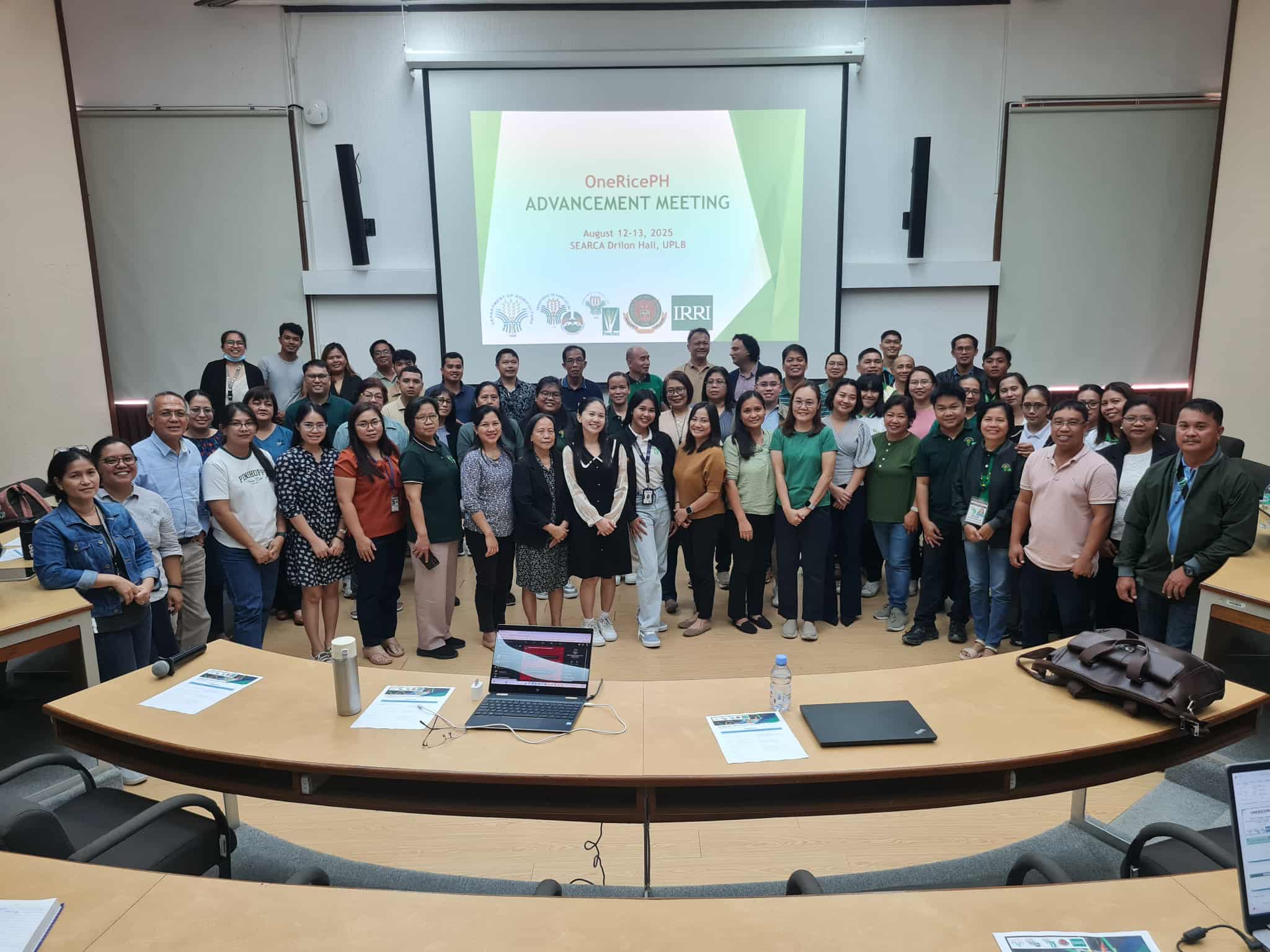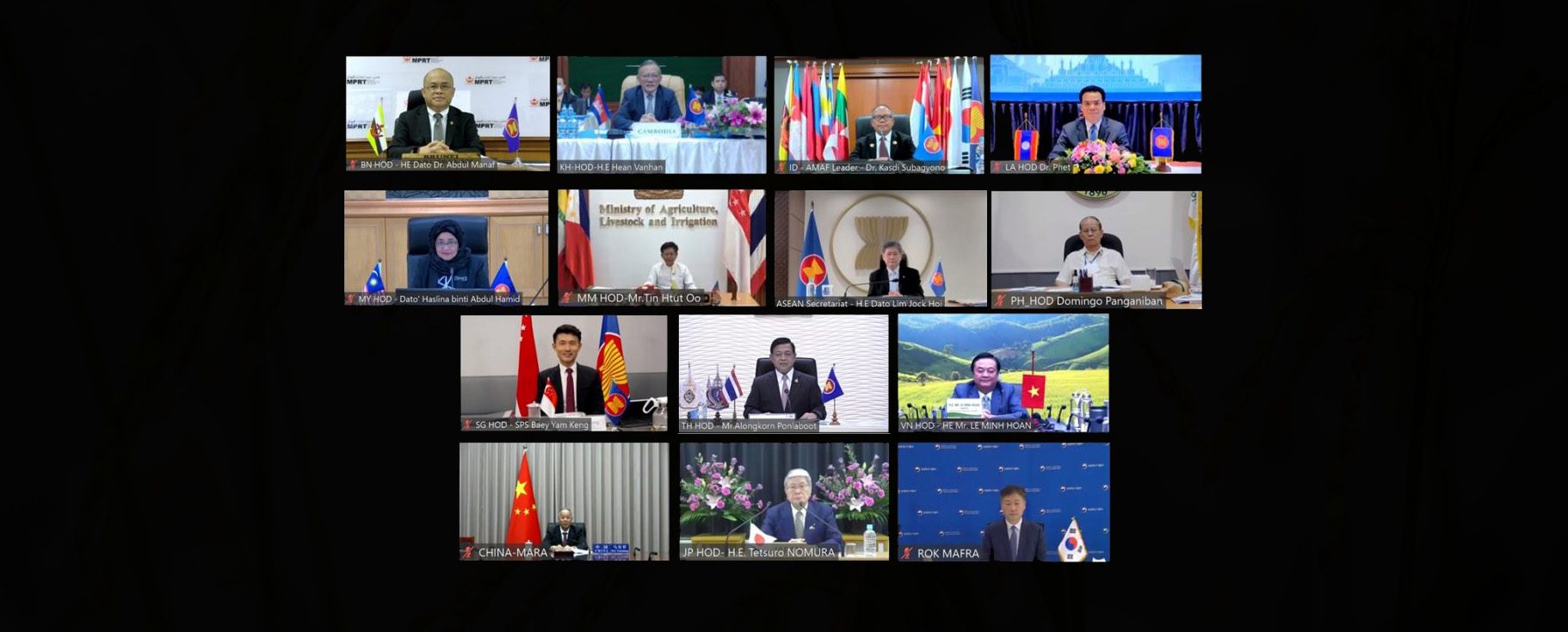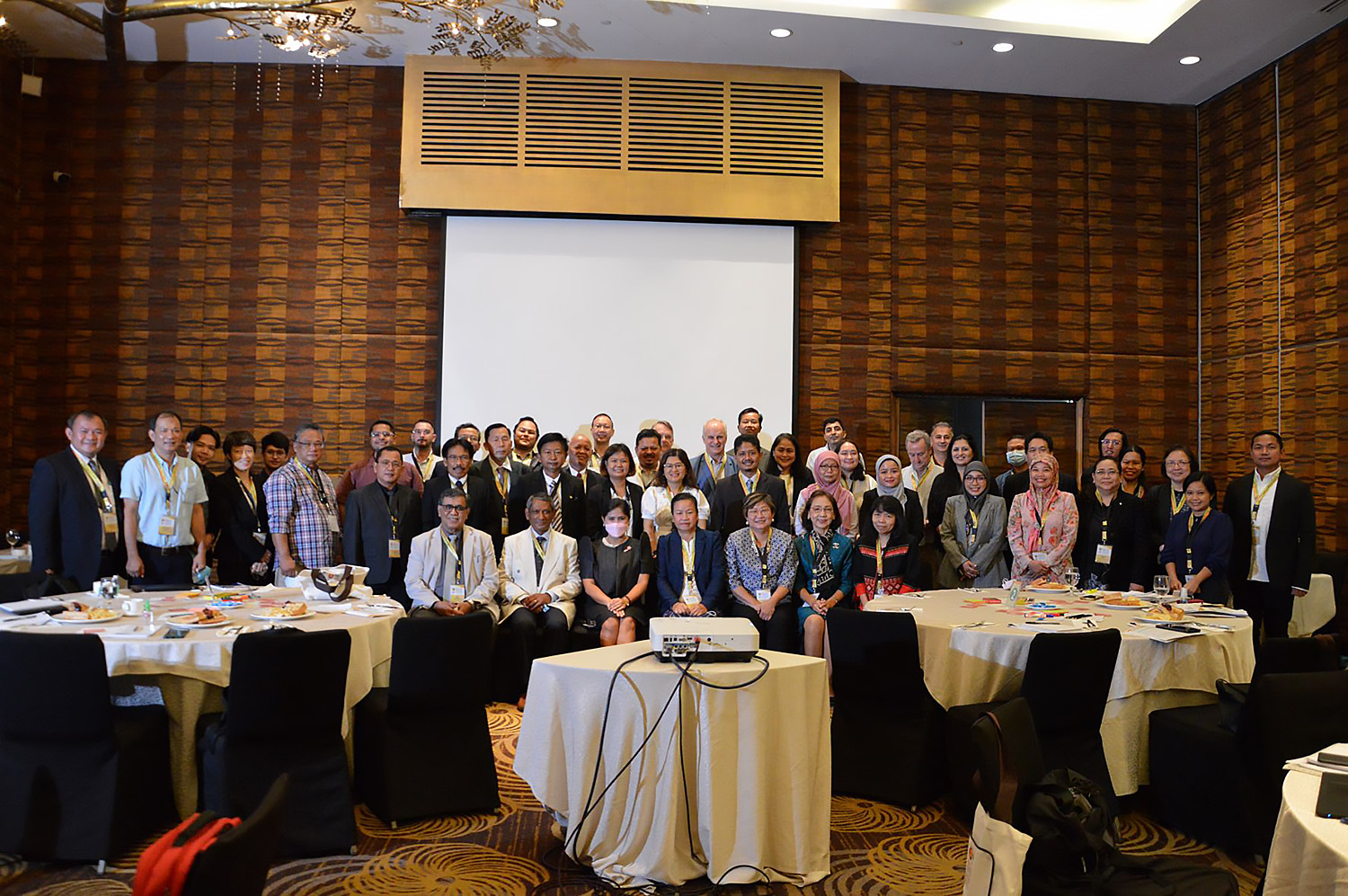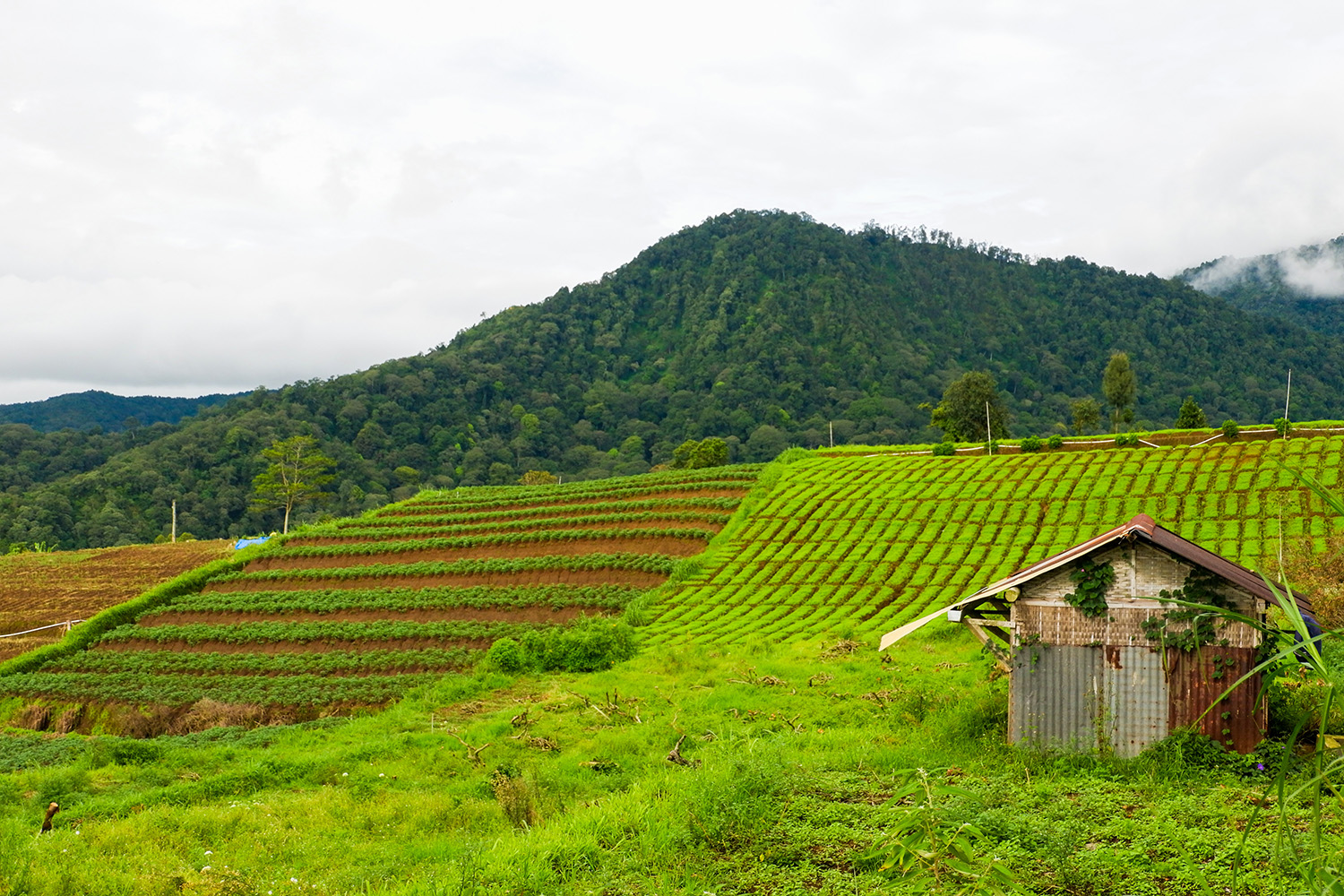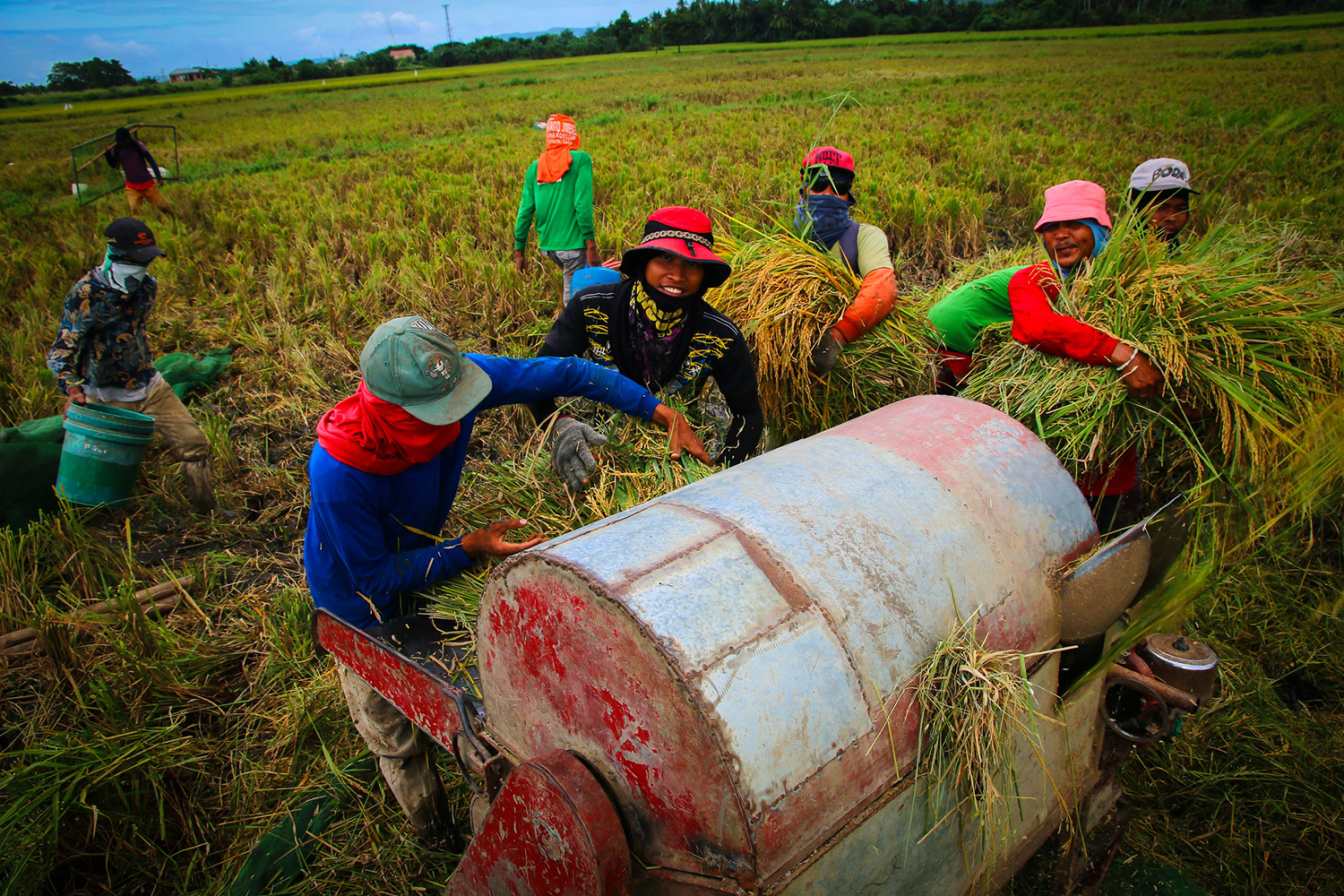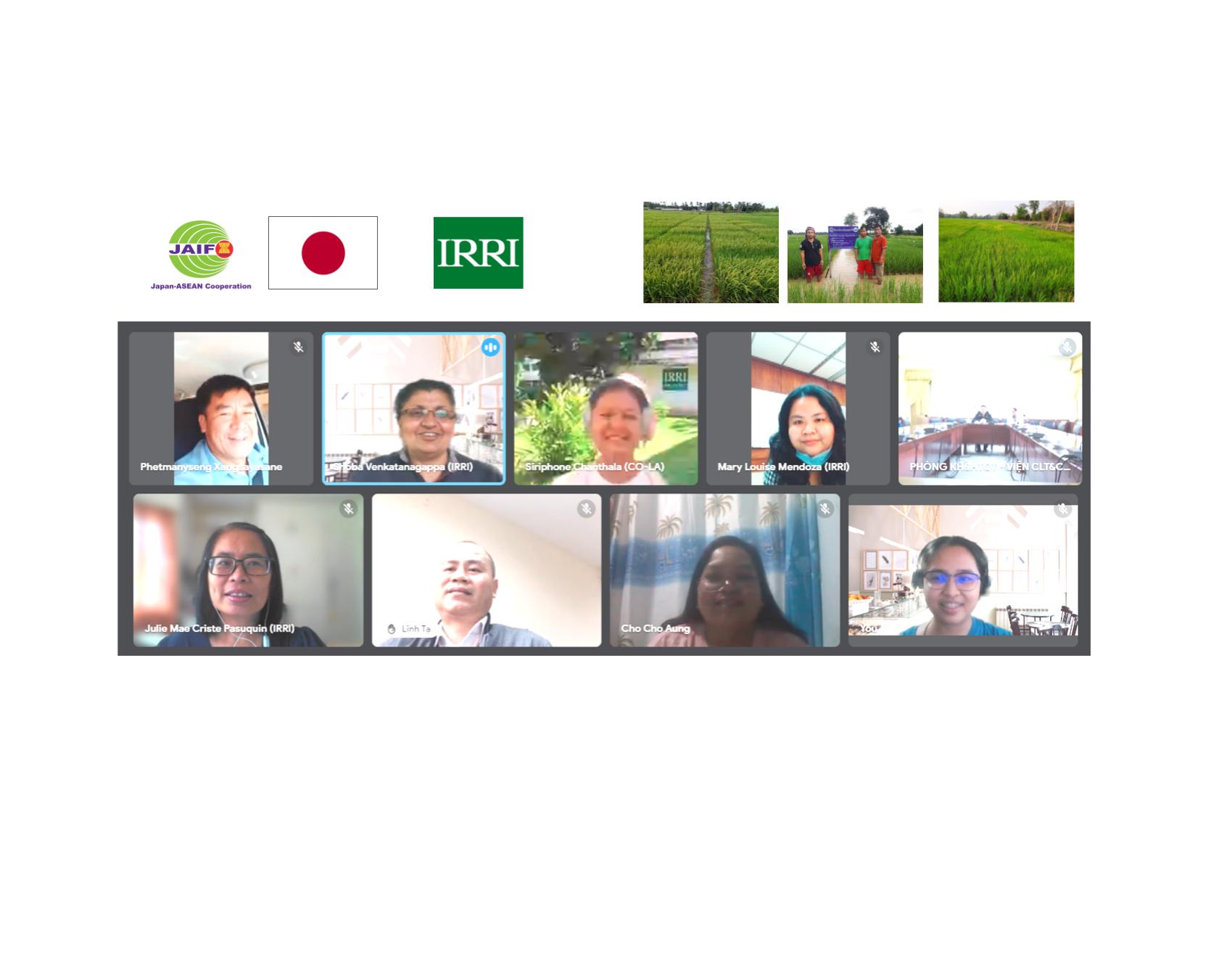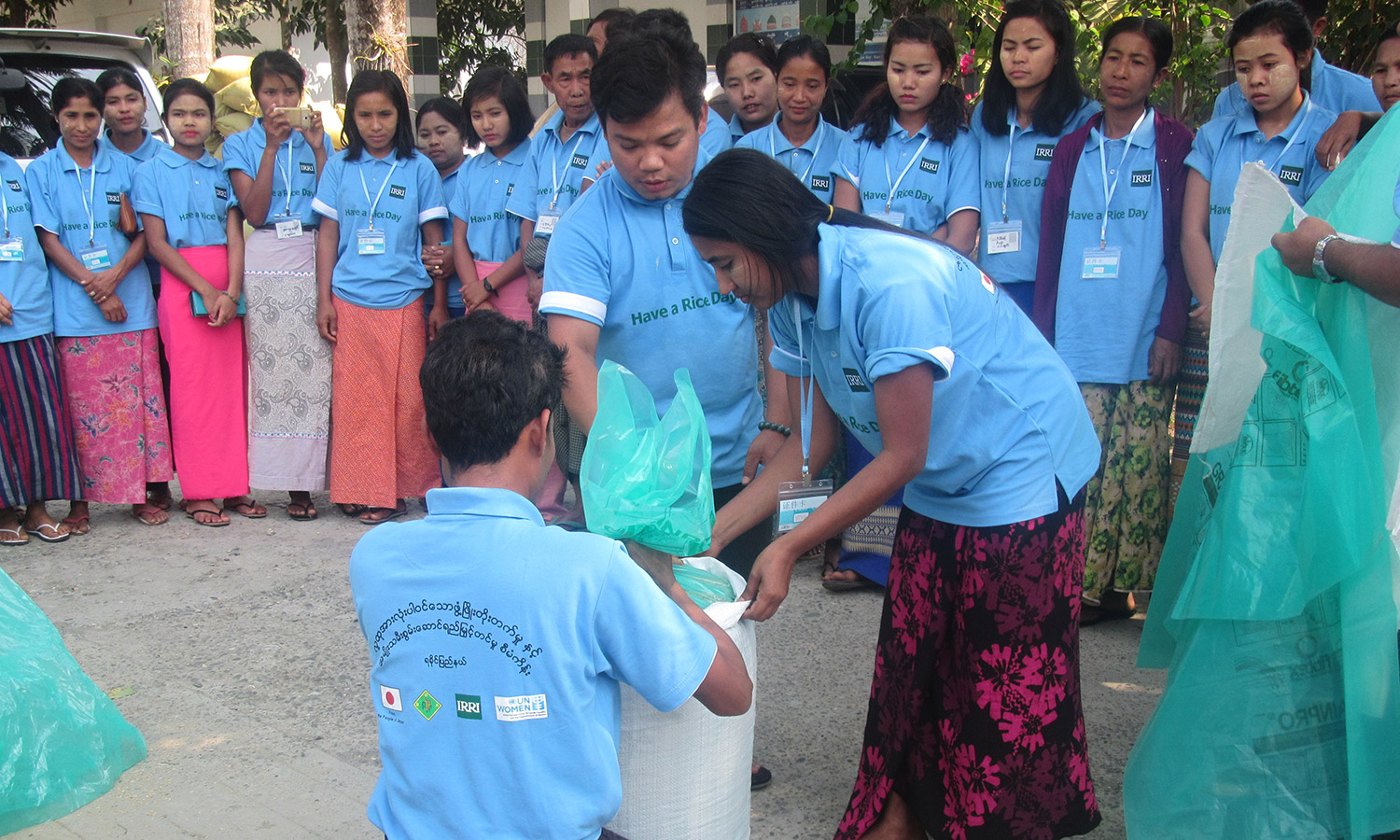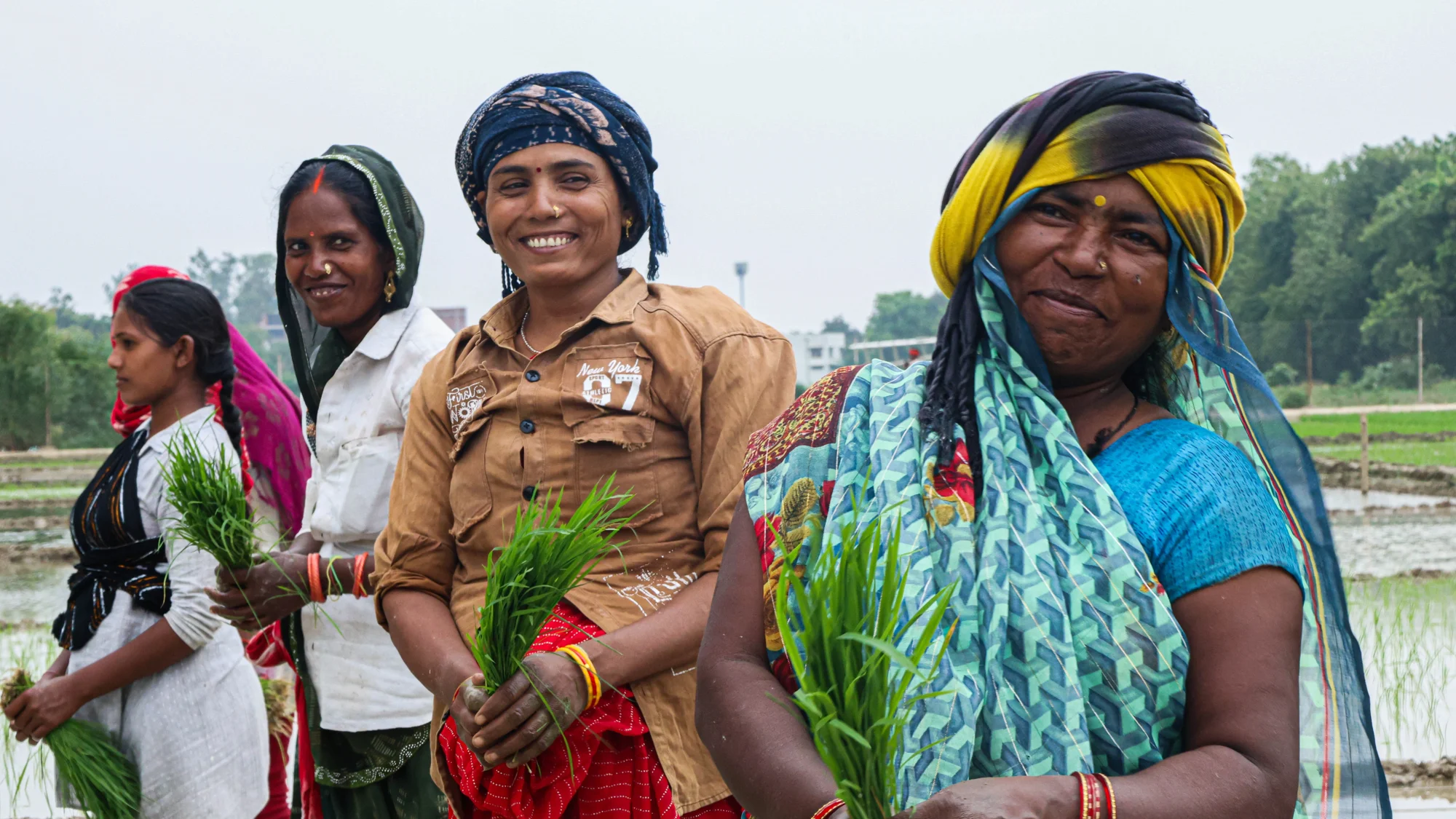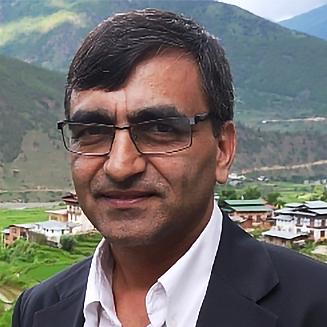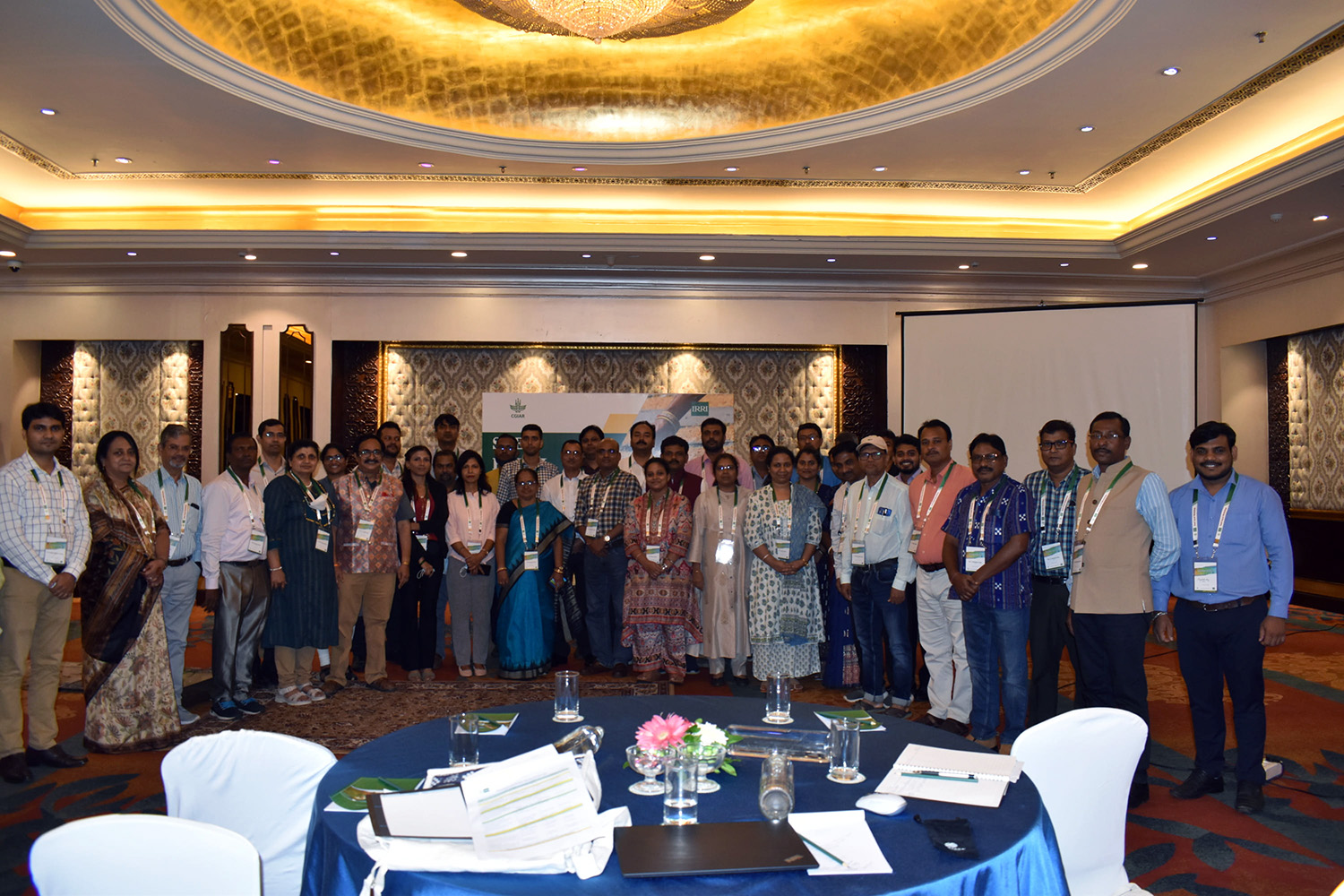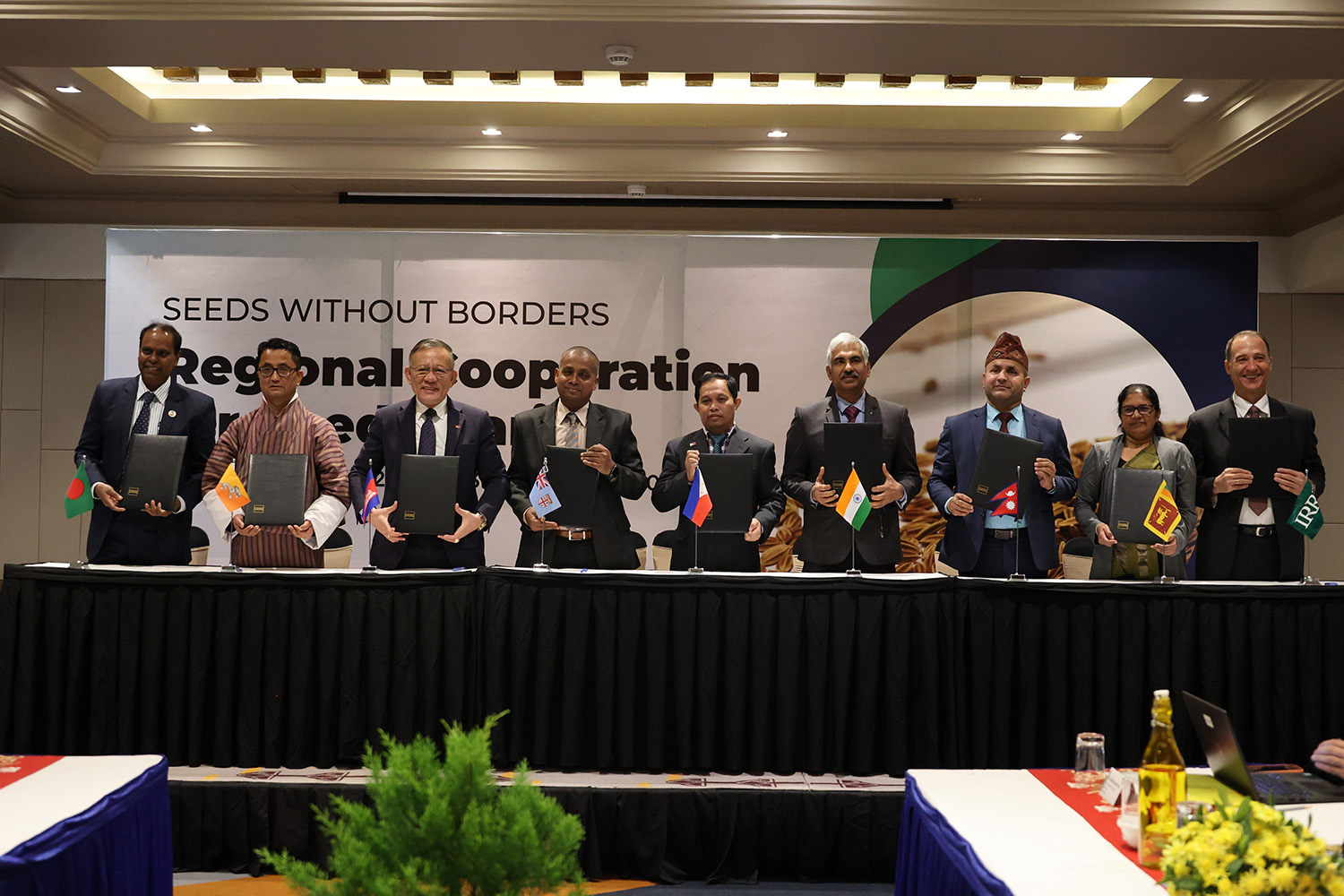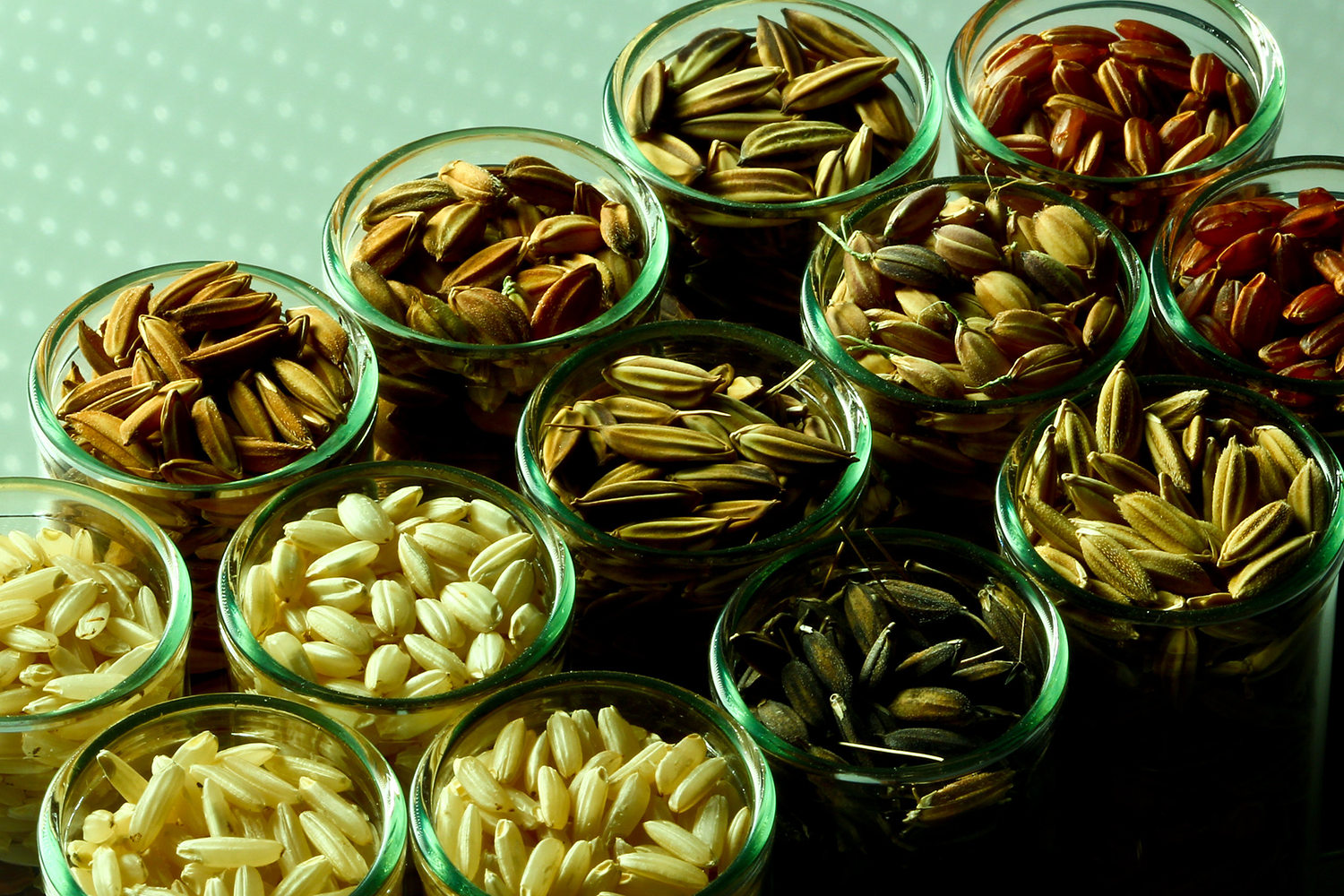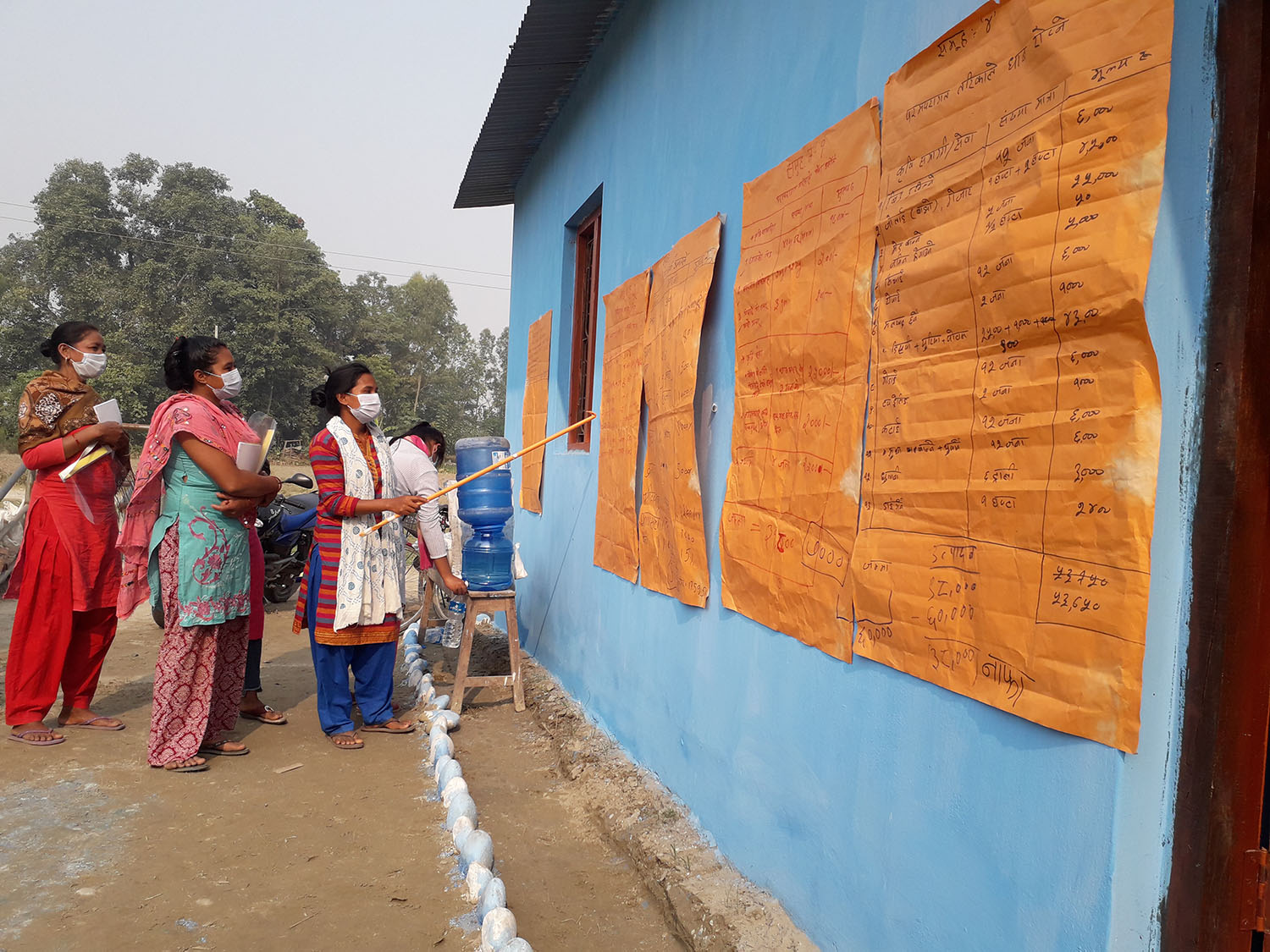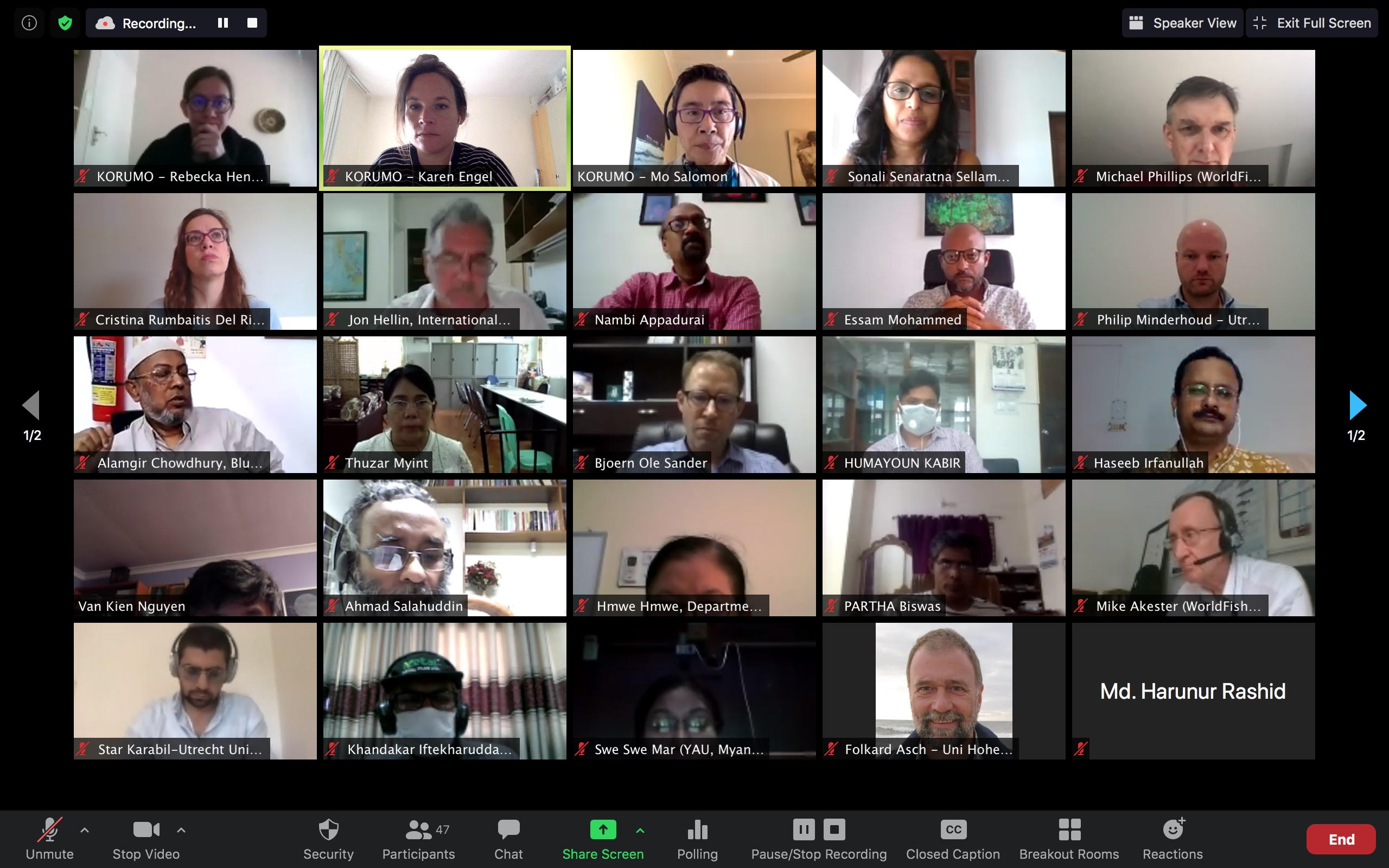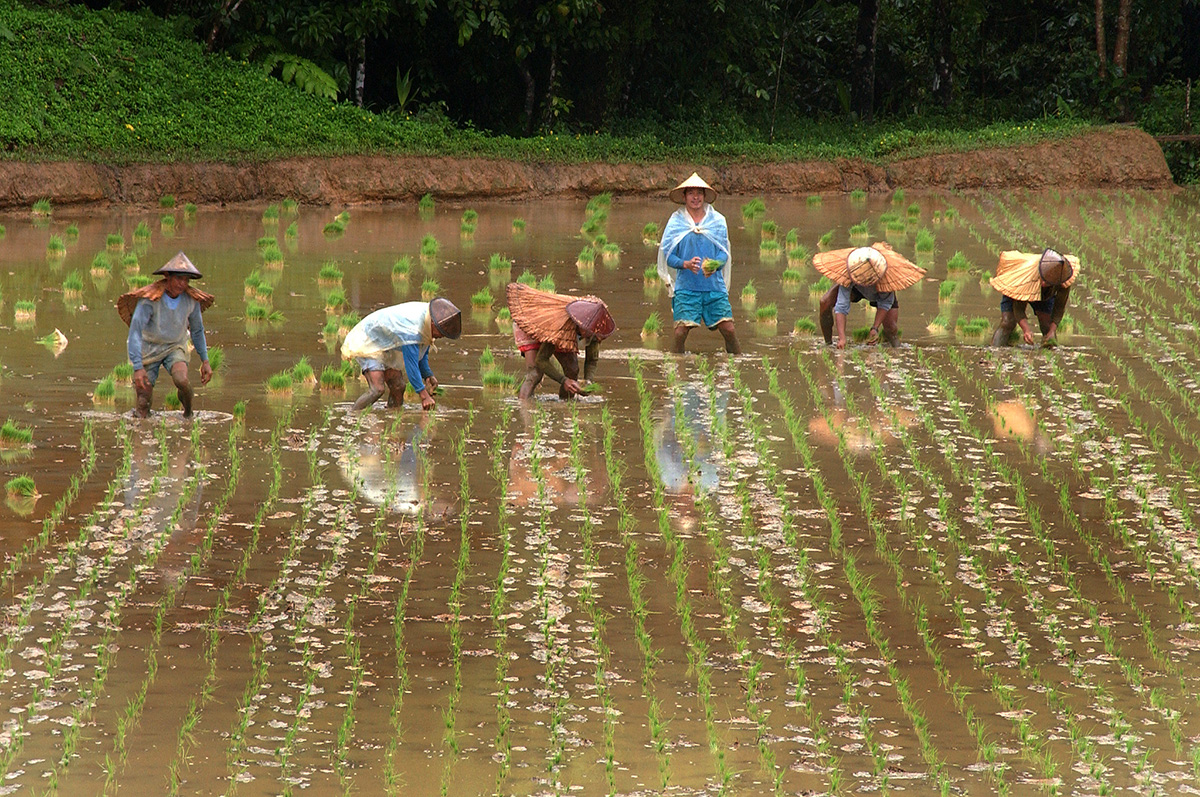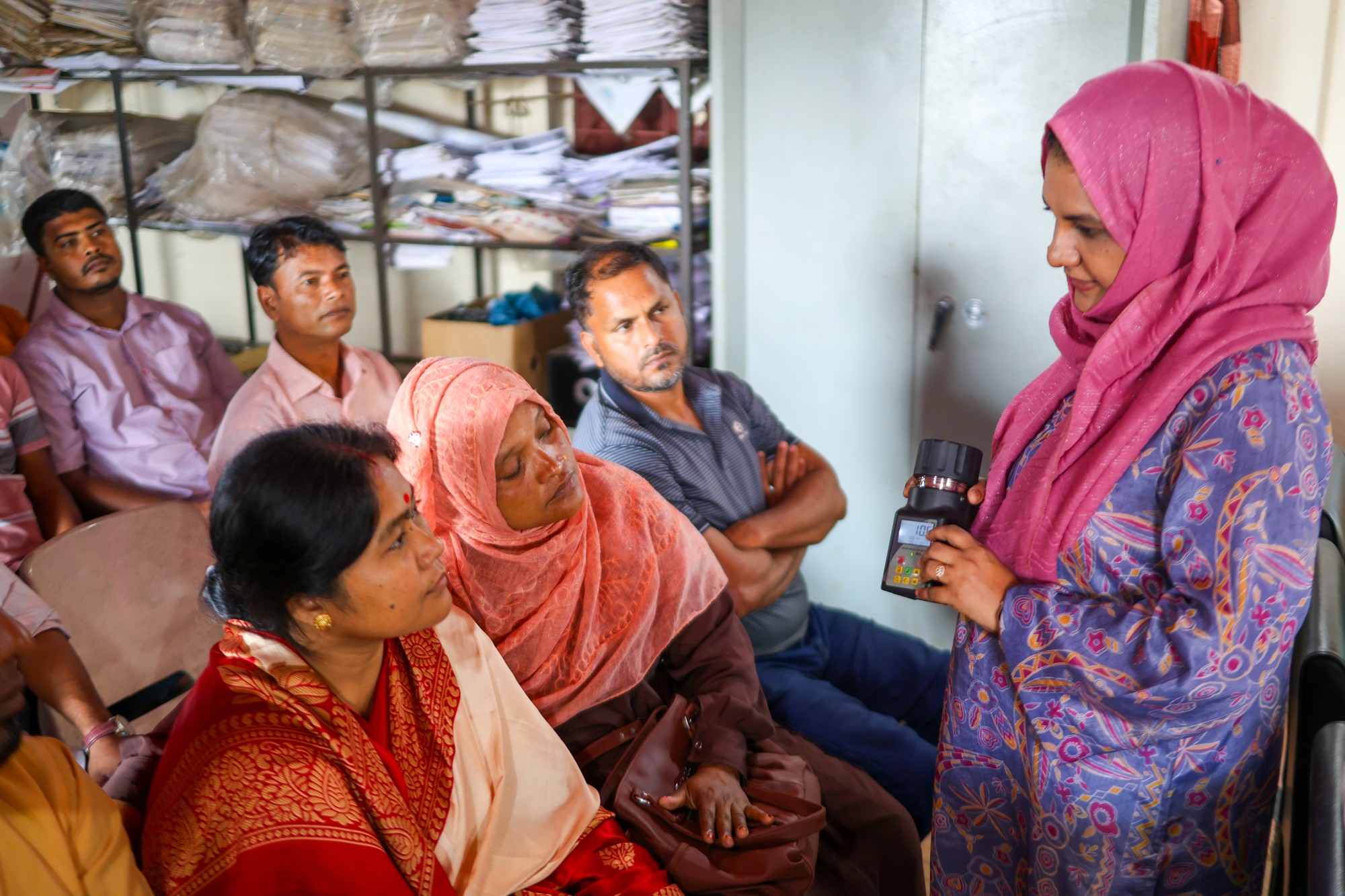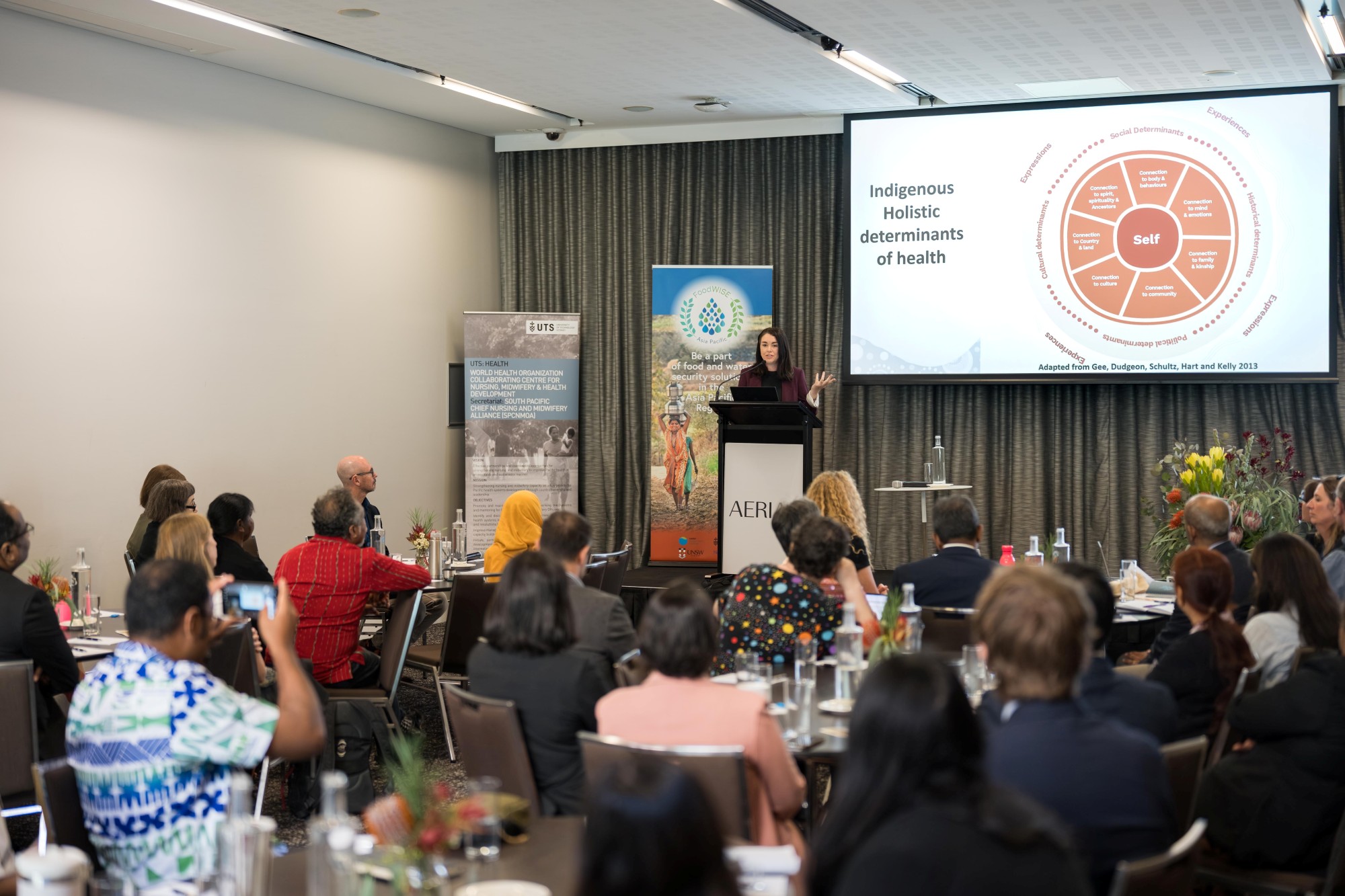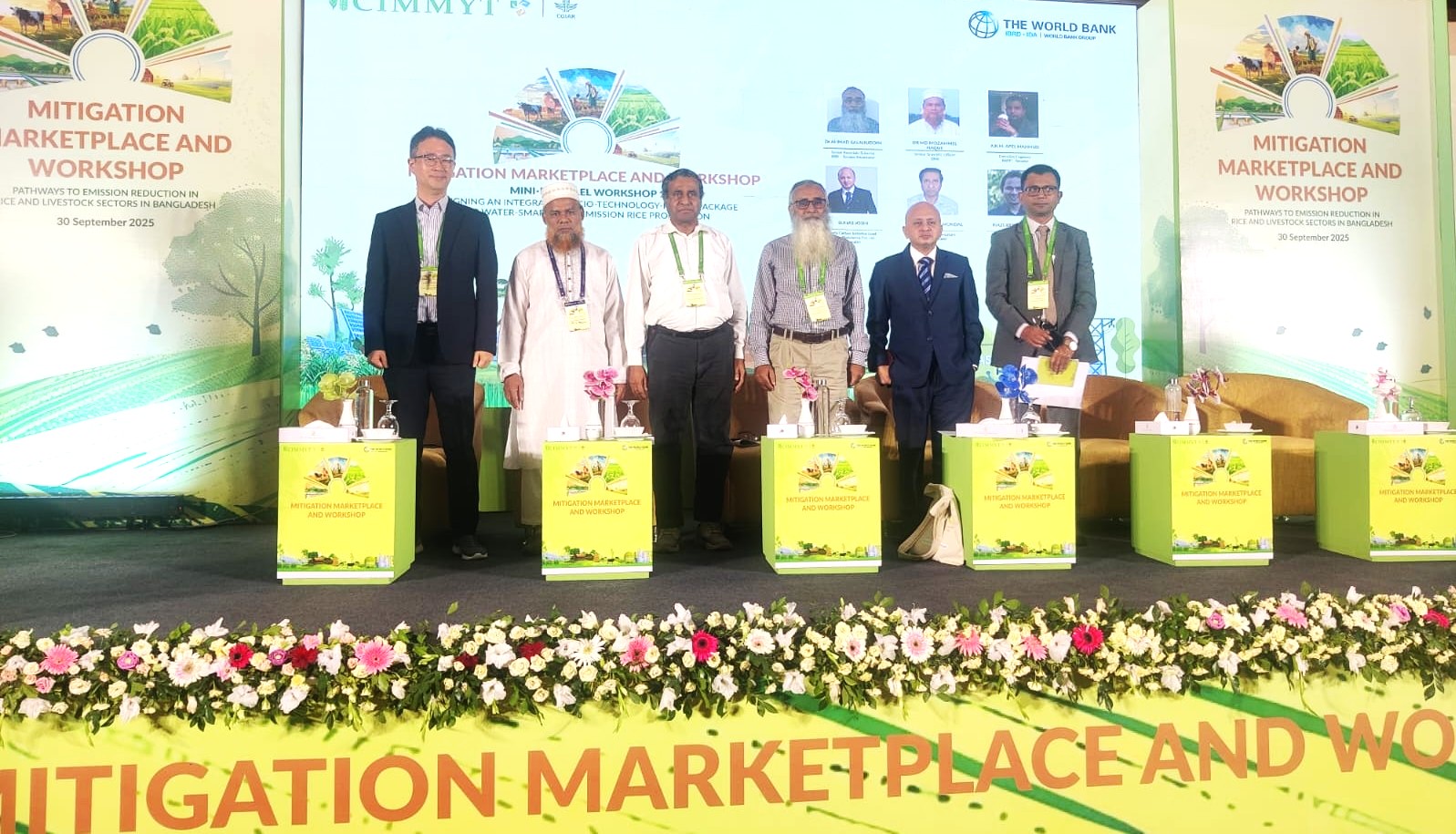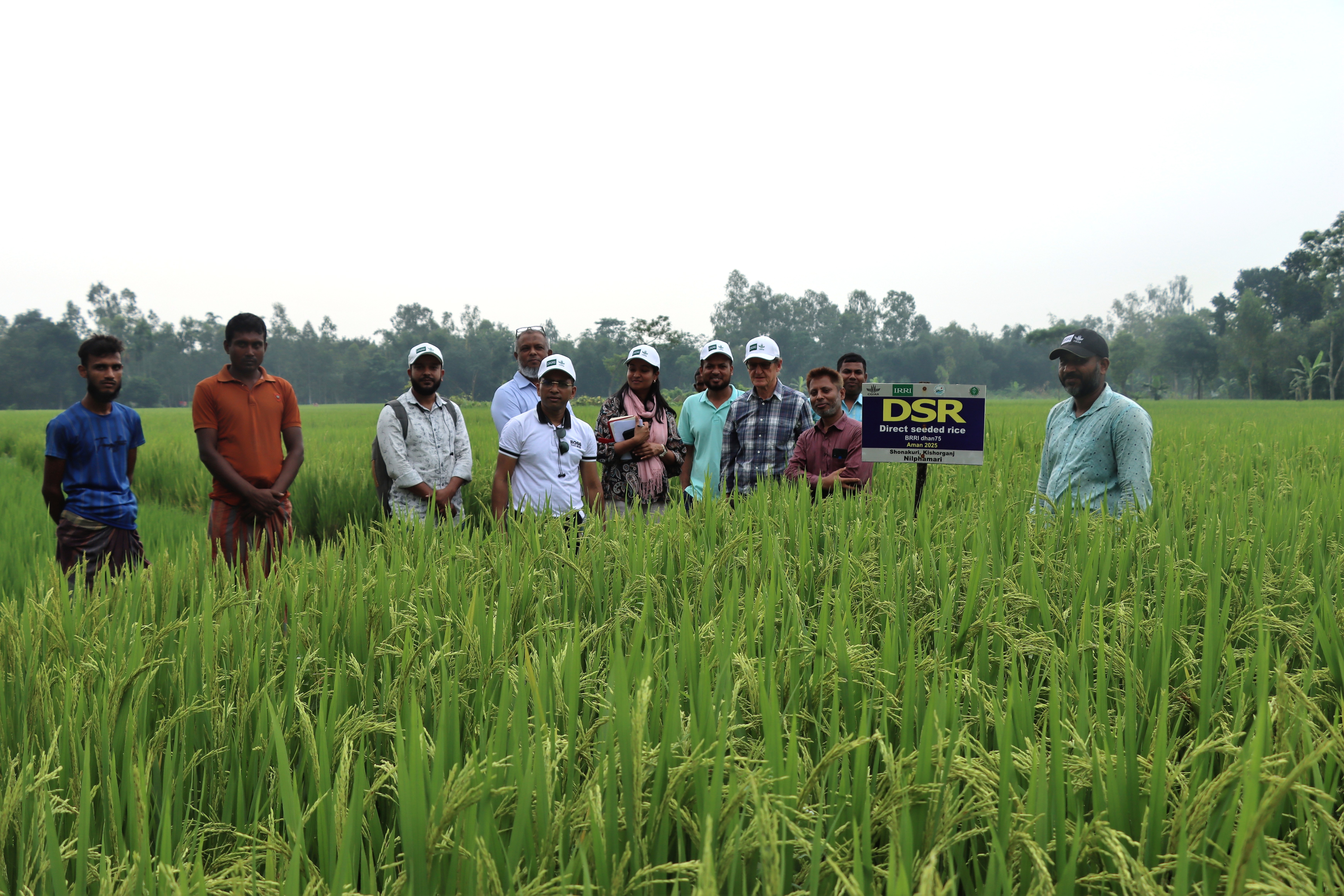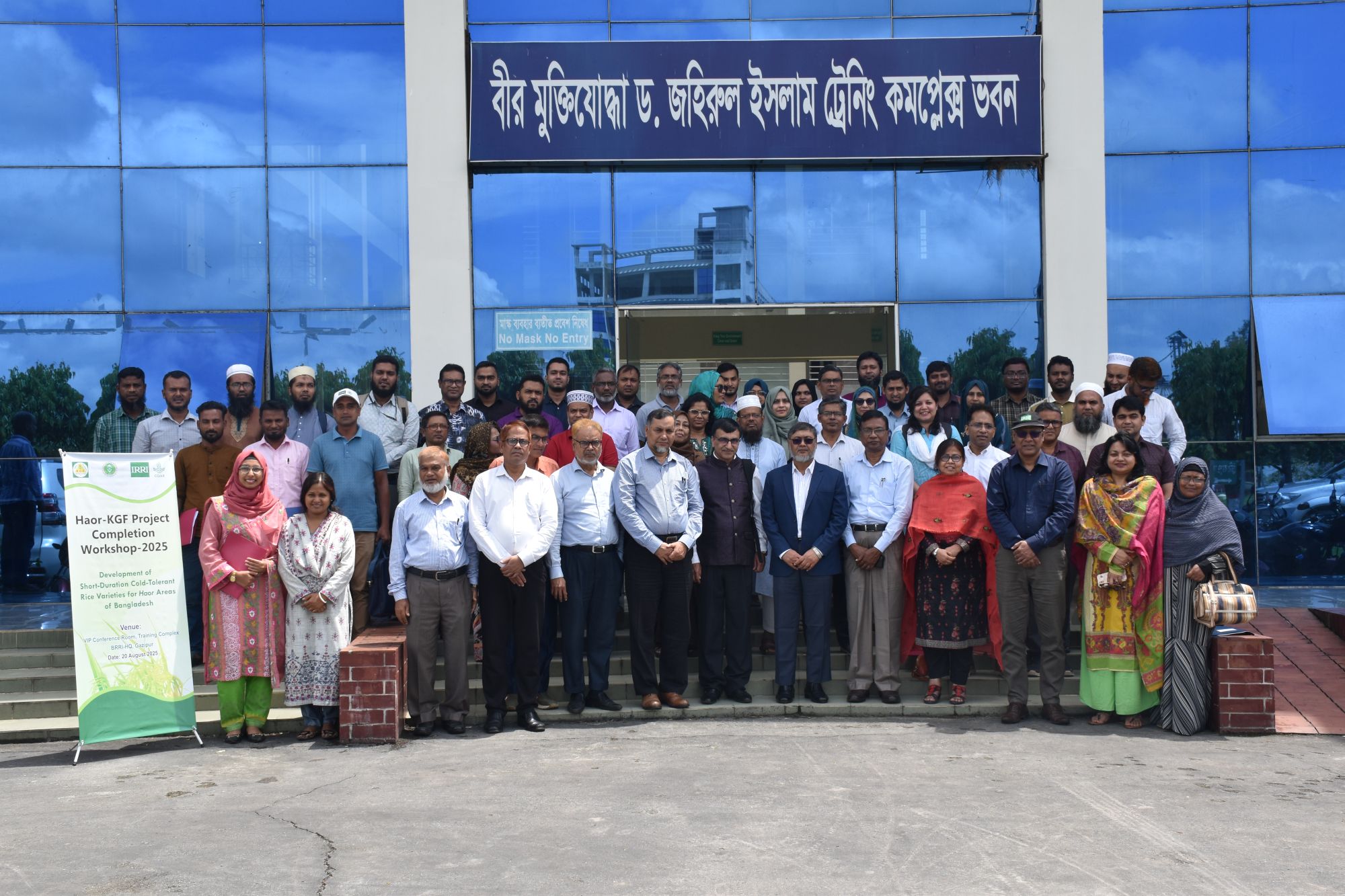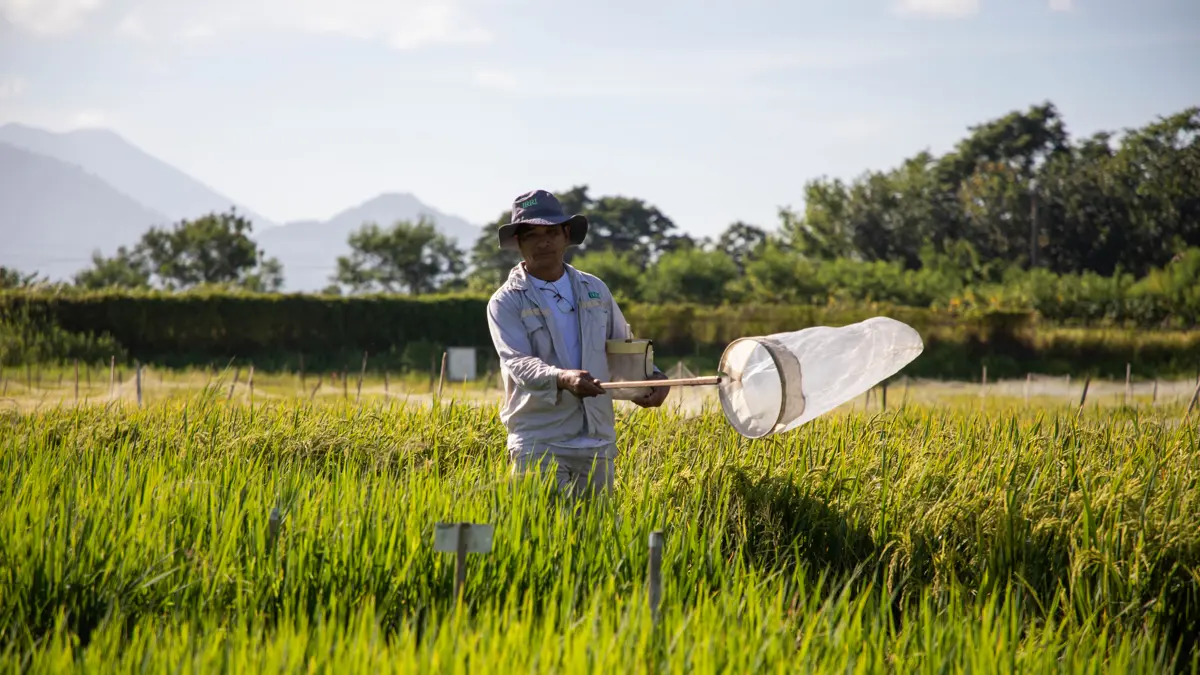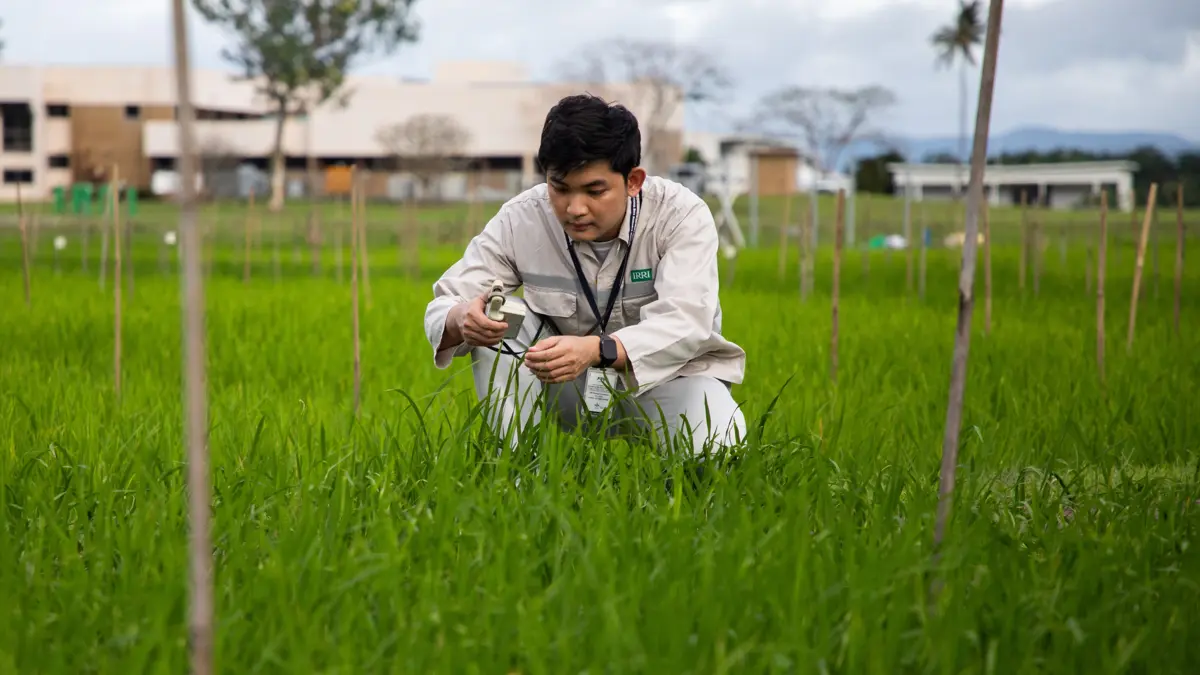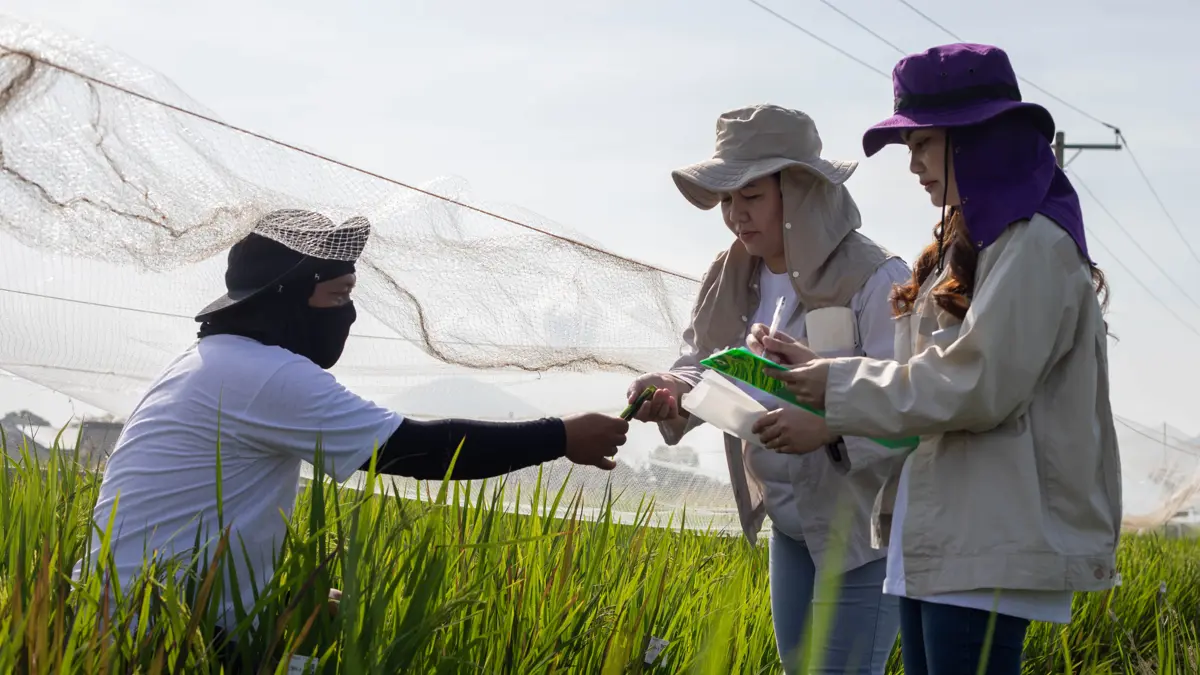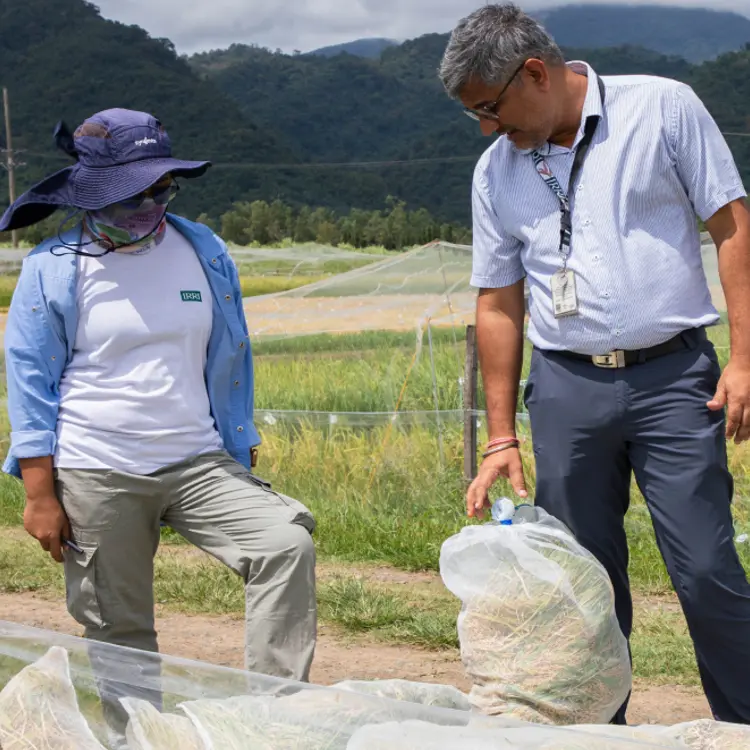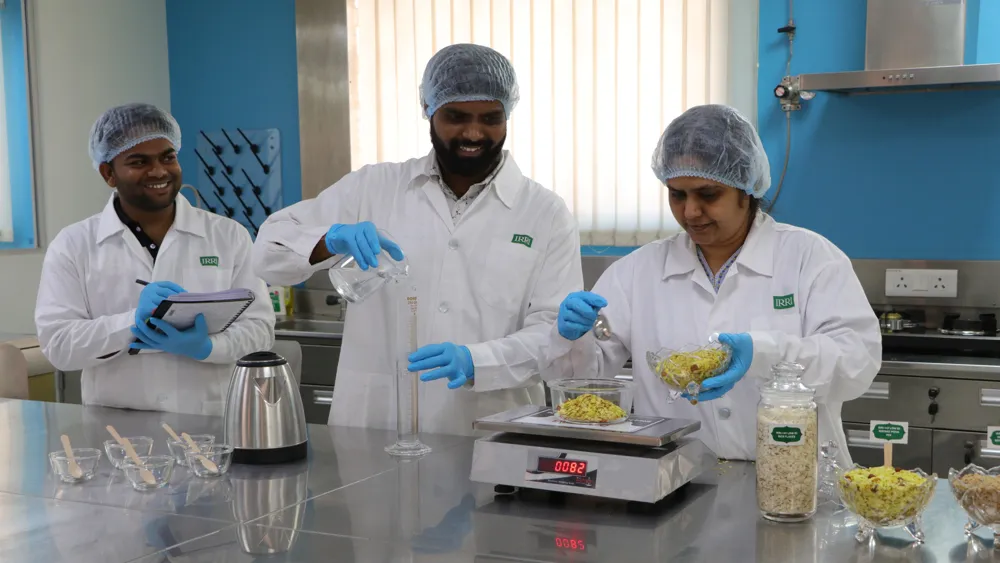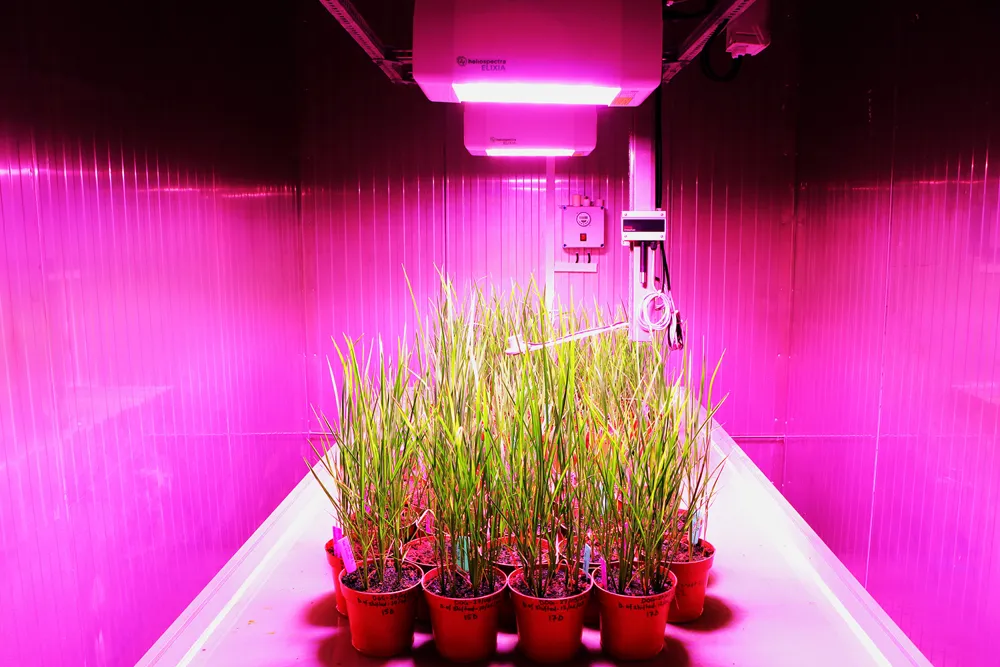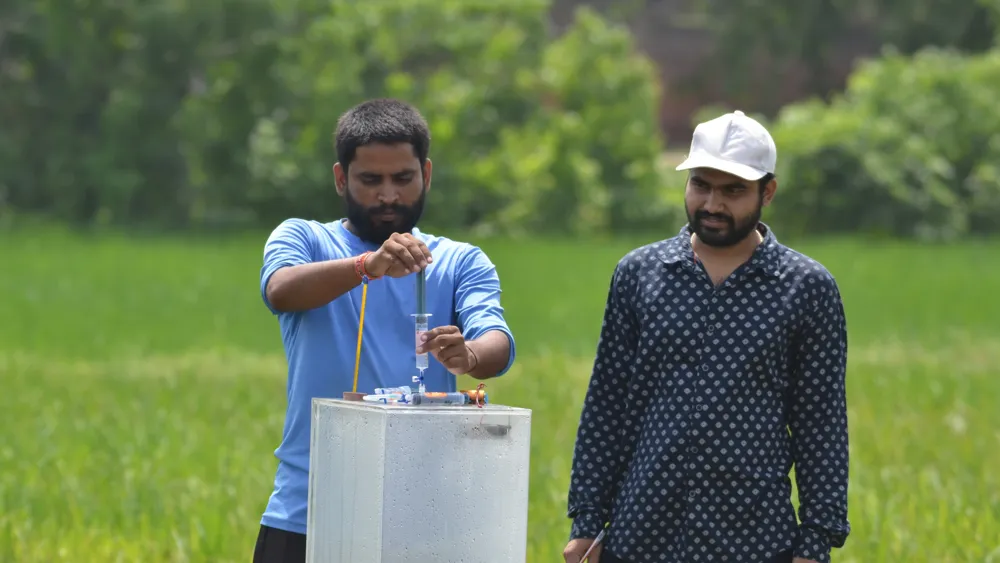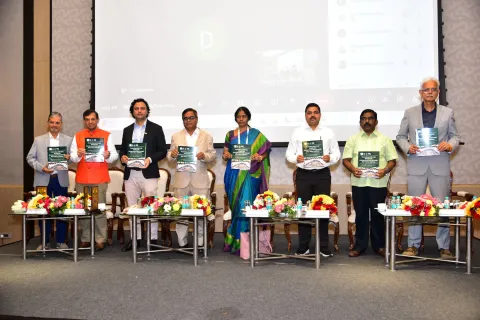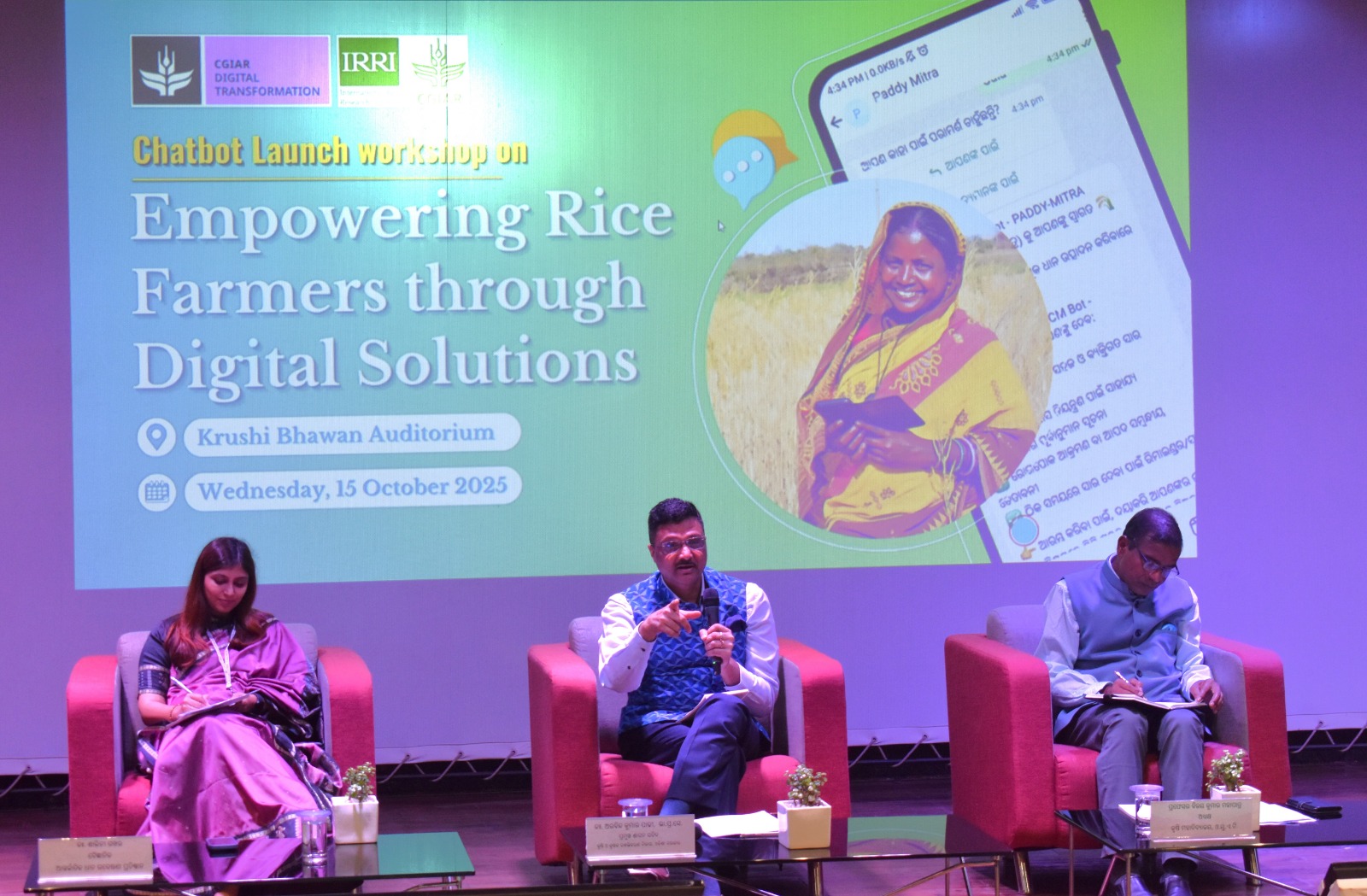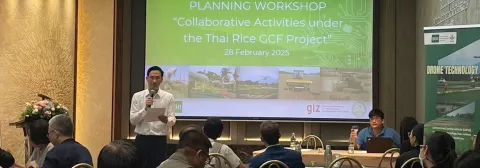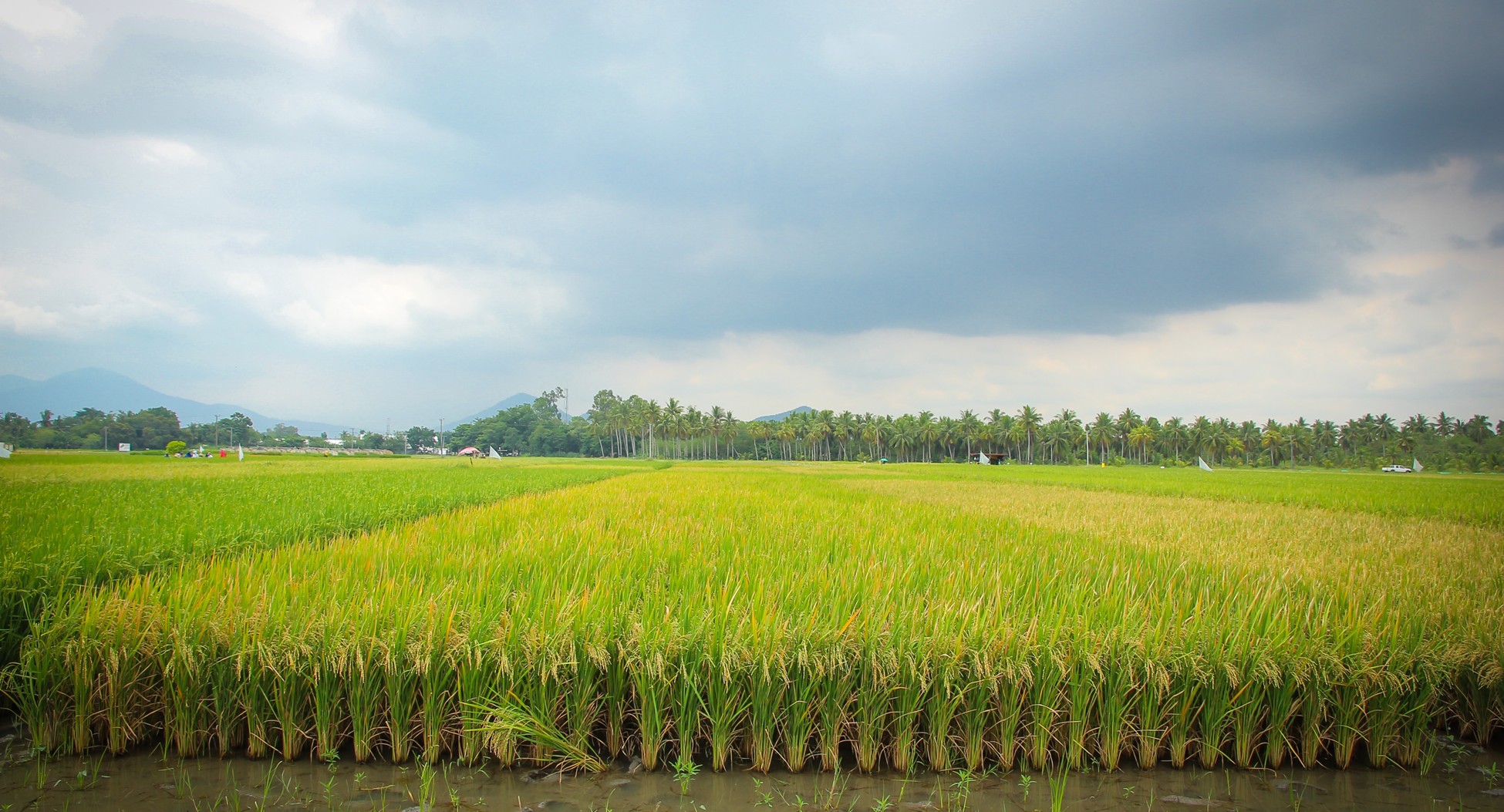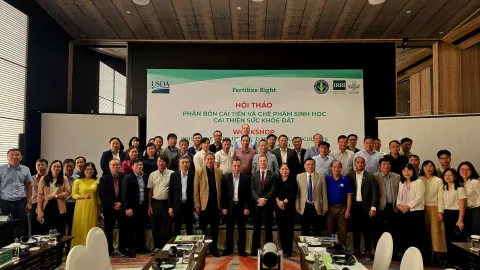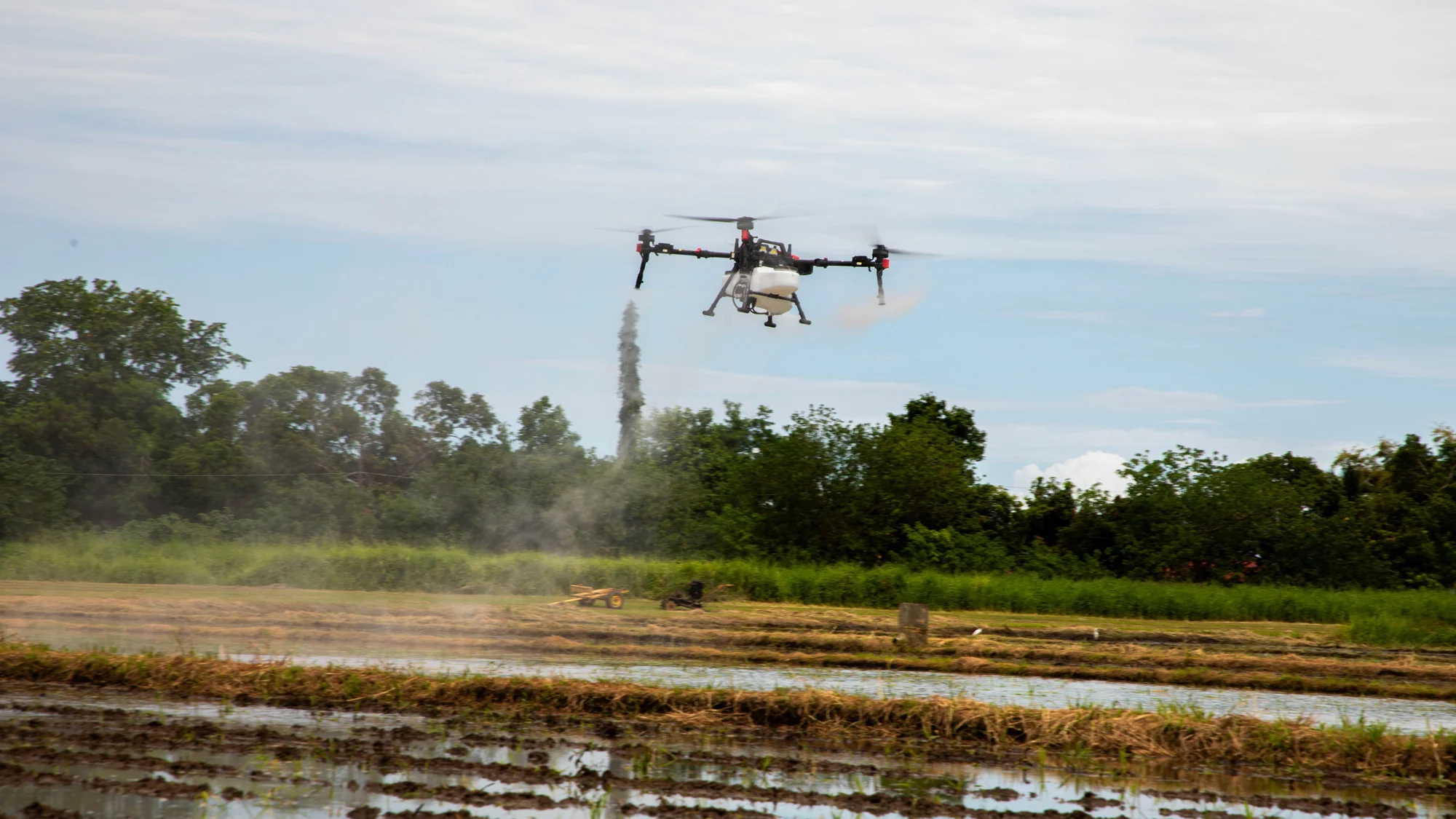Philippines
Overview
As home to IRRI’s global headquarters, the Philippines share a special history with the Institute since its founding in 1960. Over the decades, this partnership has played an important role in enhancing the resilience and securing the livelihoods of many Filipino rice farmers.
The Philippines remains one of the most vulnerable countries to climate change, with frequent typhoons, floods, and prolonged dry spells causing significant losses and disruptions in the country’s rice production. Recent data shows that production reached 19.1 million metric tons of paddy rice, marking a 3.8% decrease from the previous year. With only about 4.7 million hectares of arable land and an average yield of 4.1 metric tons per hectare, the Philippines continues to rely on rice imports, reaching approximately 4.8 million metric tons in 2024 to meet local demand, especially during lean seasons (Ricelytics, 2025).
To overcome these challenges, IRRI collaborates with Philippine government agencies and research institutions to develop and expand the reach of high-yielding and climate-resilient rice varieties suitable that can thrive in irrigated, rainfed, upland, and stress-prone areas. Joint initiatives also promote better farming practices, including water-saving technologies and smarter use of agricultural inputs, while supporting the conservation and use of its rich genetic diversity.
IRRI also supports climate adaptation efforts through digital tools like crop modeling, remote sensing, decision-support systems, and satellite-powered crop insurance and agro-advisories. These tools help Filipino farmers, extension workers, and policymakers make more informed decisions in managing climate risks more effectively. Through capacity building and scaling up proven technologies, IRRI also enables broader adoption of innovations, contributing to a more resilient and competitive rice sector in the Philippines.
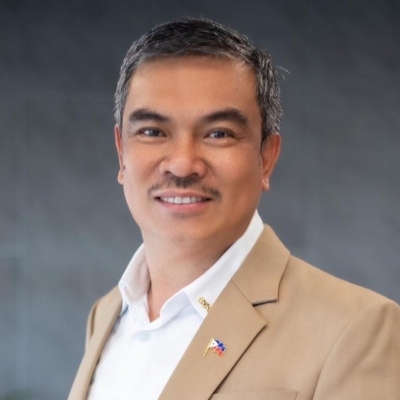
Junel Soriano
Deputy Director General for the Philippines
Office Address
Pili Drive, Los Baños,
Laguna 4031, Philippines
Tel: +632 580 5600
Fax: +632 580 0606
